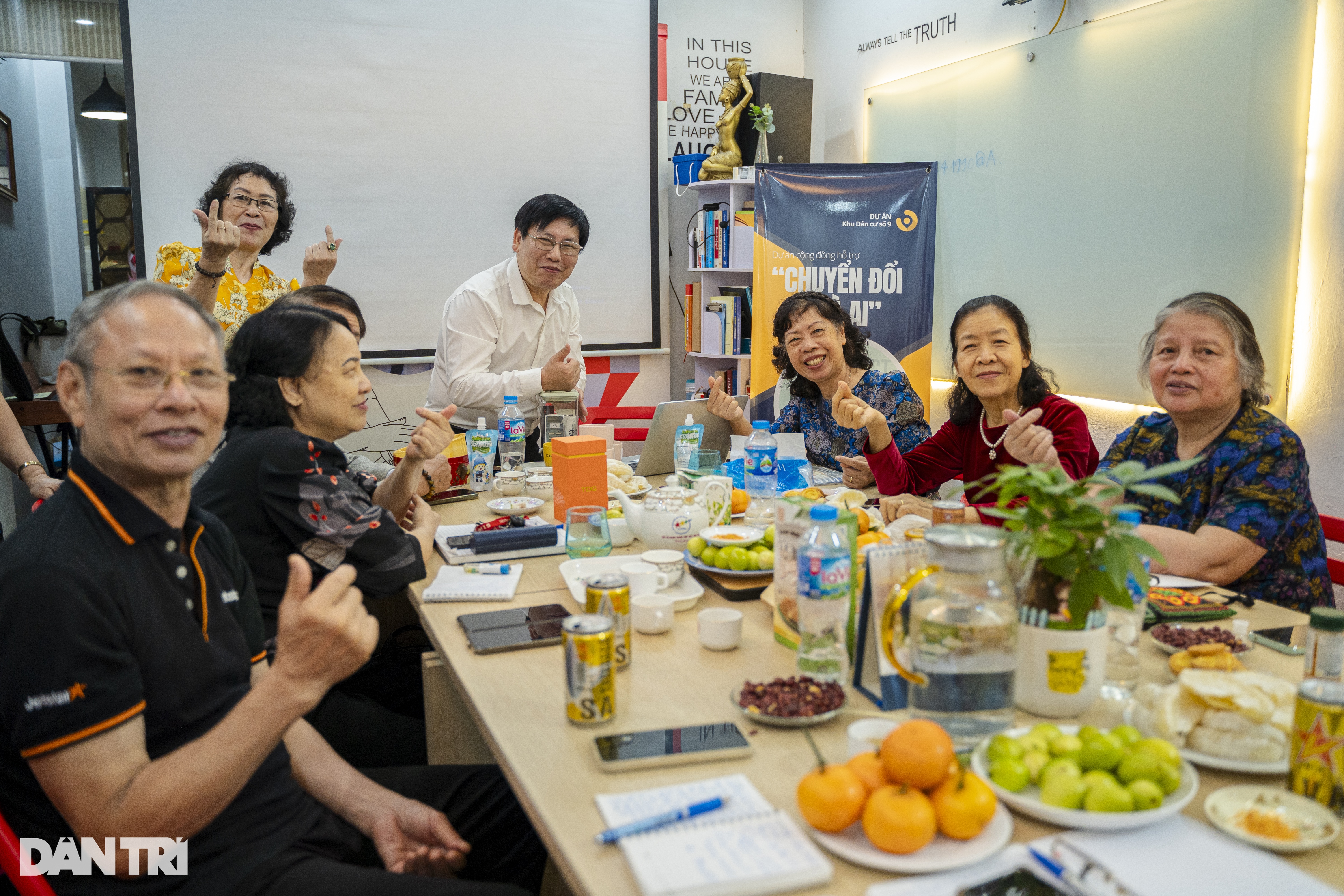
"Silver Hair" AI Class
Early afternoon at residential area number 9, Dich Vong Hau ward (Cau Giay, Hanoi), old men and women holding smartphones, bags, wearing glasses, walked into a small house deep in the alley.

AI class is for seniors only.
This is not a yoga class or a senior citizen club meeting, but an artificial intelligence (AI) and digital transformation class for seniors.
No blackboard, no chalk, no signboard, this special class was held right at the private home of Mr. Dinh Ngoc Son, Secretary of the Party Cell of Residential Area No. 9, former Deputy Head of the Department of Radio and Television, Academy of Journalism and Propaganda.
The room is only a few dozen square meters wide but is always full. Each class has about 15-20 students, divided into 3 consecutive classes. Each class has 3 sessions, organized in the morning or evening to suit the schedule. The only conditions: a spirit of learning and a smartphone.
"The criteria here is that everyone must be positive: think positively, act positively. There is no sadness here, only joy. Joking is scratching the right itch," Mr. Son said with a laugh.
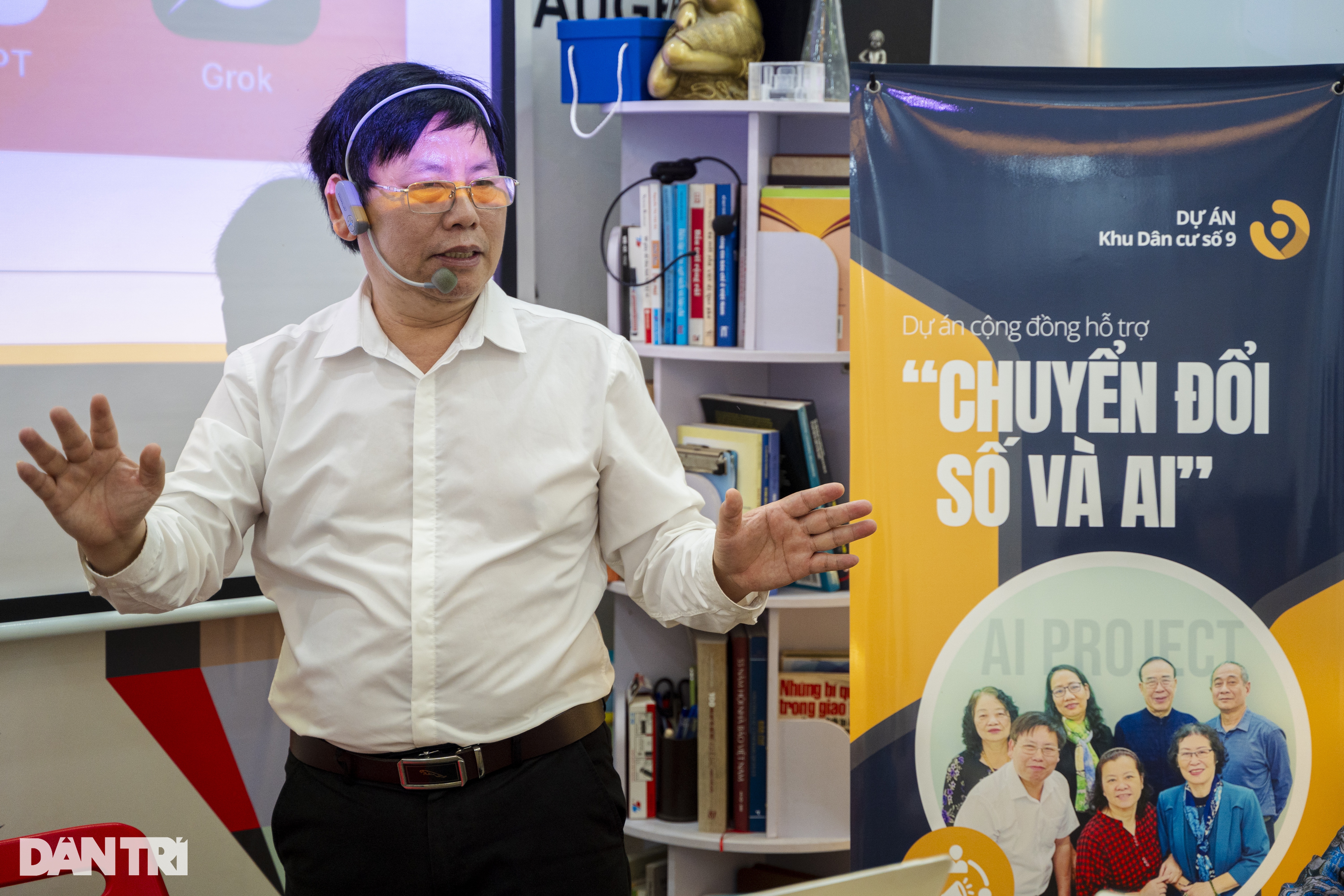
Mr. Dinh Ngoc Son, Secretary of Party Cell No. 9, former Deputy Head of Radio and Television Department, Academy of Journalism and Propaganda.
The oldest person in the class is 80 years old, the youngest is over 65. Some are professors, masters, some are retired officials, and some are using smartphones for the first time. They come here with the same desire: to understand technology and not be left behind in the digital age.
So that the elderly are not left behind by 4.0
Mr. Son shared the reason for starting a special class model for the elderly: "I am a communications teacher, with experience in digital transformation and artificial intelligence.
Living in a residential area, I realized that the Party and State are strongly promoting digital transformation and popularizing AI.
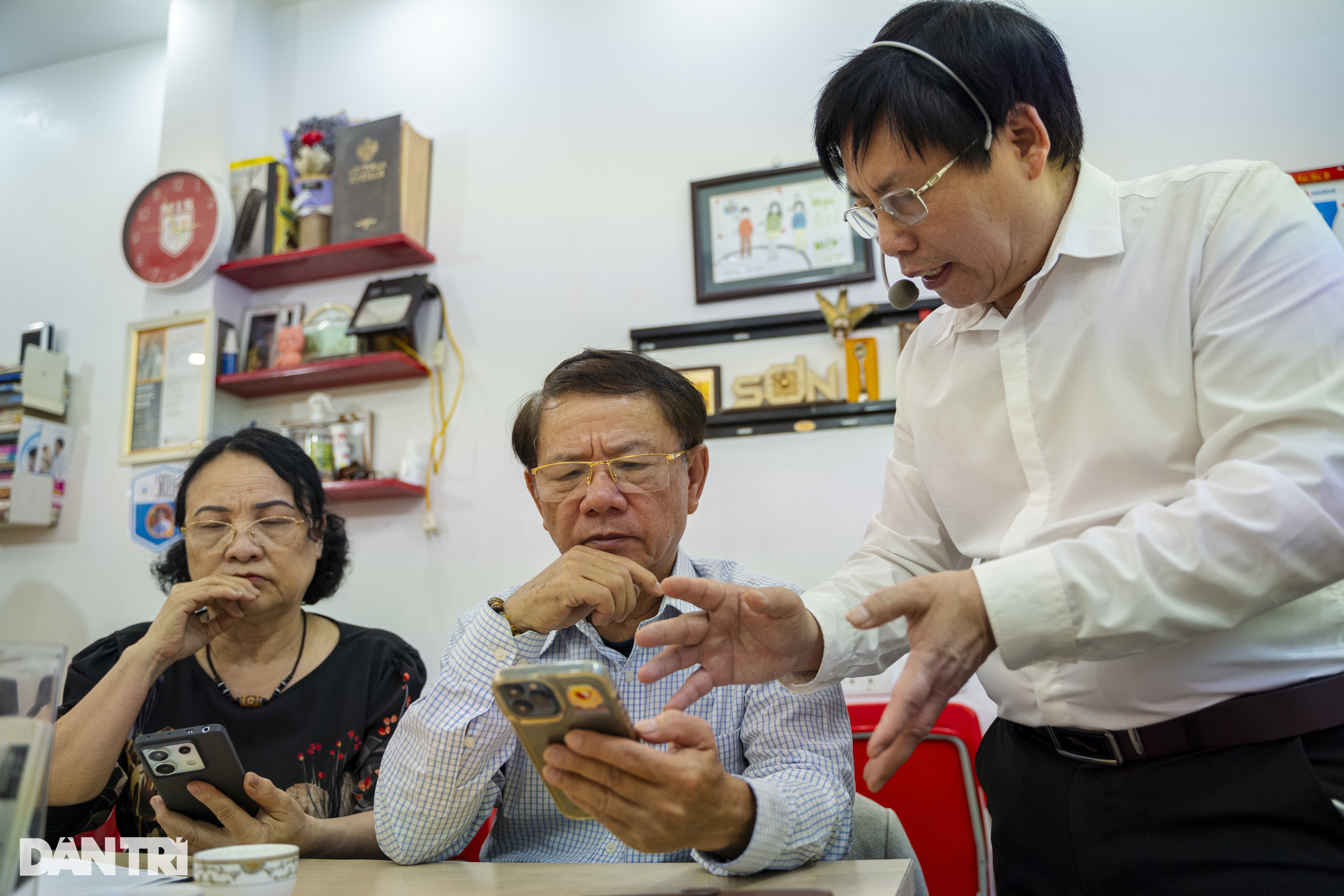
Mr. Son hopes that the elderly will not be left behind in the digital revolution.
There are many elderly people in society, and they are the ones who are easily left behind, not the young. So I thought, why not try to organize a small class to help the elderly access technology and AI?
From that idea, he started to open a pilot class at home. When he proposed the model at the Party Committee meeting, all 7 members agreed and supported it. When he brought it to the Party cell, the older Party members enthusiastically signed up immediately.
Mr. Son directly designs the content, teaches and provides technical support to each person. "I teach by hand-holding," he said.
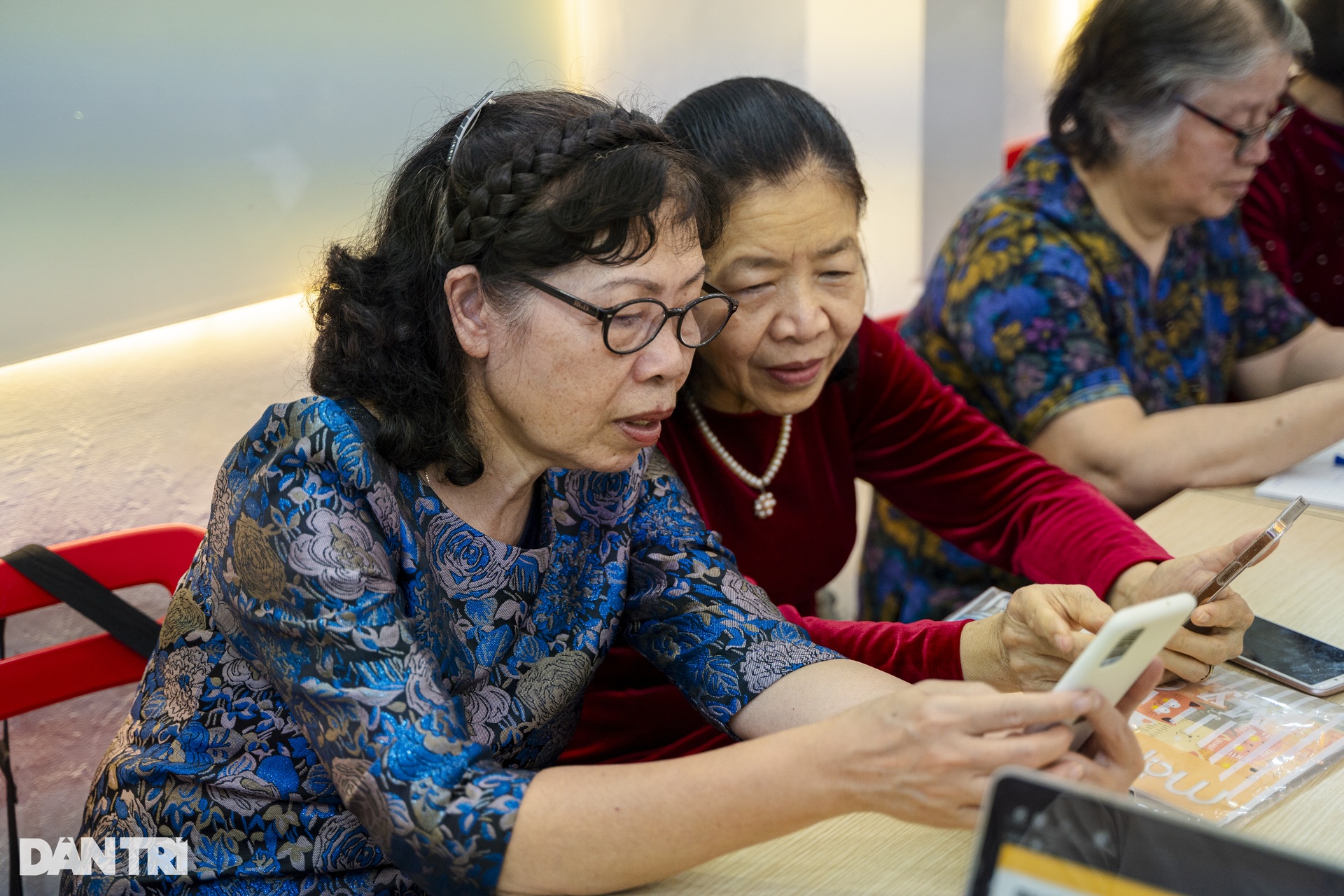
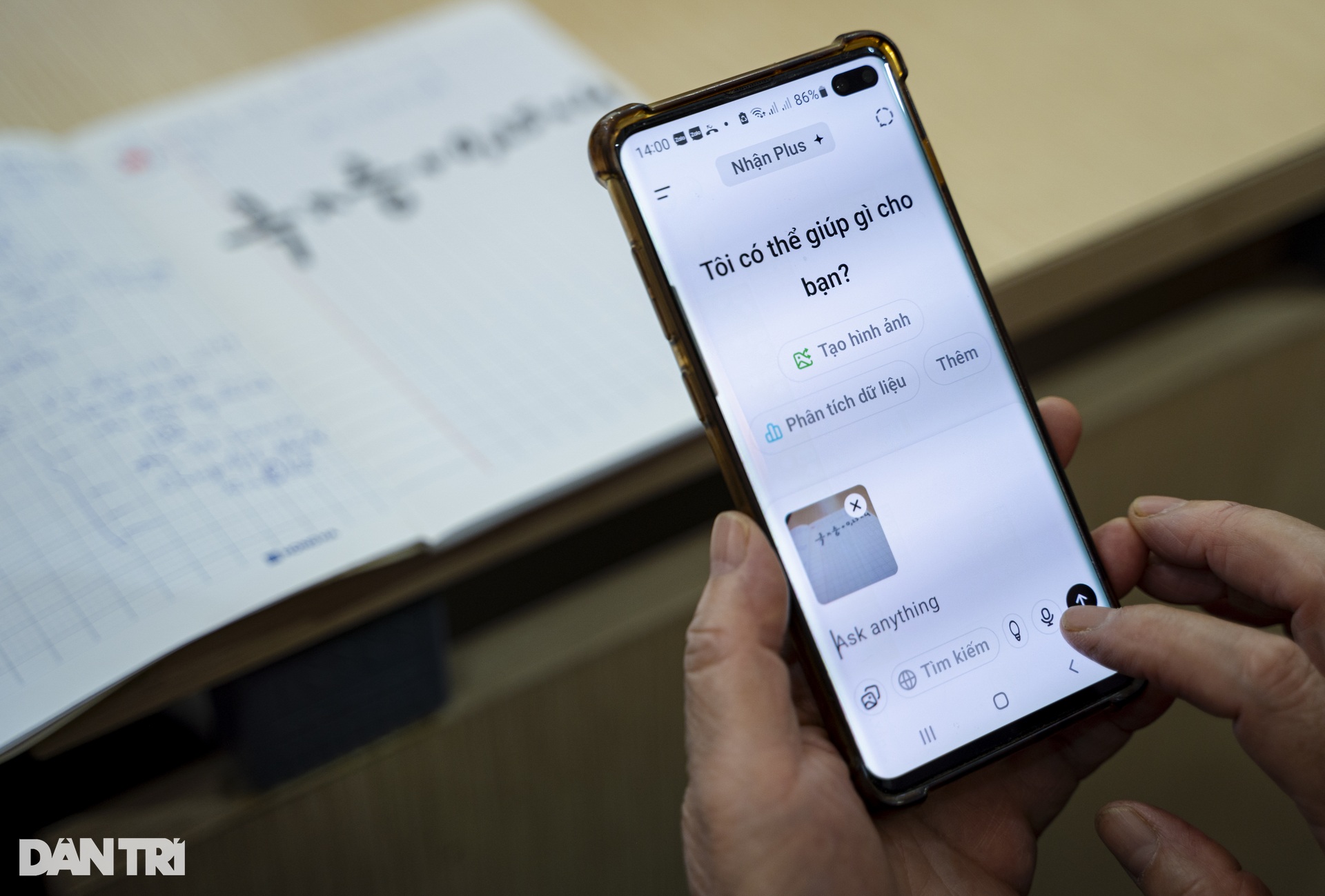
Regarding teaching methods, he shared: "I don't go into high-level theories but only teach what the elderly need. For example, using electronic identification, booking bus tickets or looking up administrative procedures... Those things are both practical and suitable for the elderly's age."
Simple, easy to understand, practical methods help students feel close and comfortable. There is no distance between teacher and student. There is no age barrier.
Mr. Son added: "The elderly operate slowly, but they have time and a spirit of learning. I believe that if they are properly inspired, they will not be left behind in the digital age."
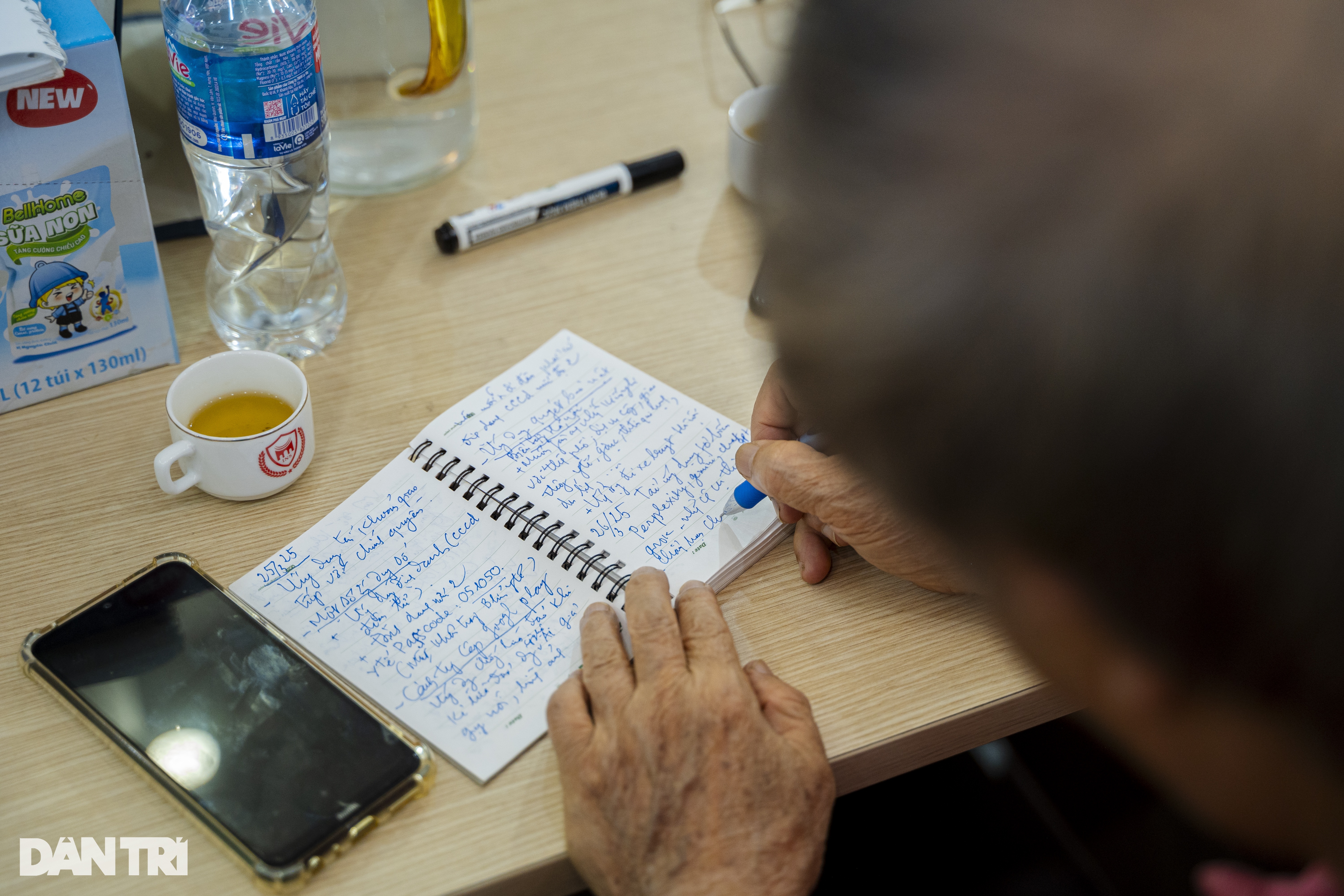
Understanding technology, the elderly are no longer afraid of this unfamiliar field.
For him, the most important thing is to change perception: "Old people are often told by their children and grandchildren "you're old, why study", then threatened that they are easily scammed, so they are even more afraid. As a result, they lose their motivation to study. Therefore, the first thing to do is to train their awareness. We have to let them understand that they can still study, and now there is a support tool called artificial intelligence".
Using AI to know "what to eat today?", write poetry, compose music
What makes the class special is not only the teaching method but also the experience of each student, who was once afraid of technology, but now becomes an inspiration.

People who were once afraid of technology are now inspiring.
"I hope that after the course, you can return to teach your neighbors in the neighborhood. I follow Uncle Ho's ideology in the mass education movement - those who know should teach those who don't know.
Technology is not as difficult as you think. Once you know how to download, install and use it, you will be able to do it and then teach others. I can only teach 15, 20 or 60 people. But if each person shares it with 3-4 others, there will be hundreds of people learning together. That is the real way to spread it," Mr. Son expressed his enthusiasm.
The benefits of these small classes extend beyond technology. Many older students are confident in using their smartphones to research, communicate, and even create.

Students attentively take notes on new knowledge.
The teacher recalled: "I remember Ms. Thoa, former head of the Journalism Department, a PhD, retired for a long time. After the second class, she called me, very excited: "Son, I love it! Last night I asked AI about my diet, it prescribed me a scientific menu for the whole week!" That is an example showing that AI is completely approachable, useful, and not difficult to approach."
Professor Dr. Duong Xuan Ngoc, 75 years old, former Deputy Director of the Academy of Journalism and Communication, is one of the students in the class.
"I am not unfamiliar with technology, but AI is different. It is new and very attractive. This class helps me update quickly, especially applying technology to teaching, searching, and payment," Professor Ngoc shared.
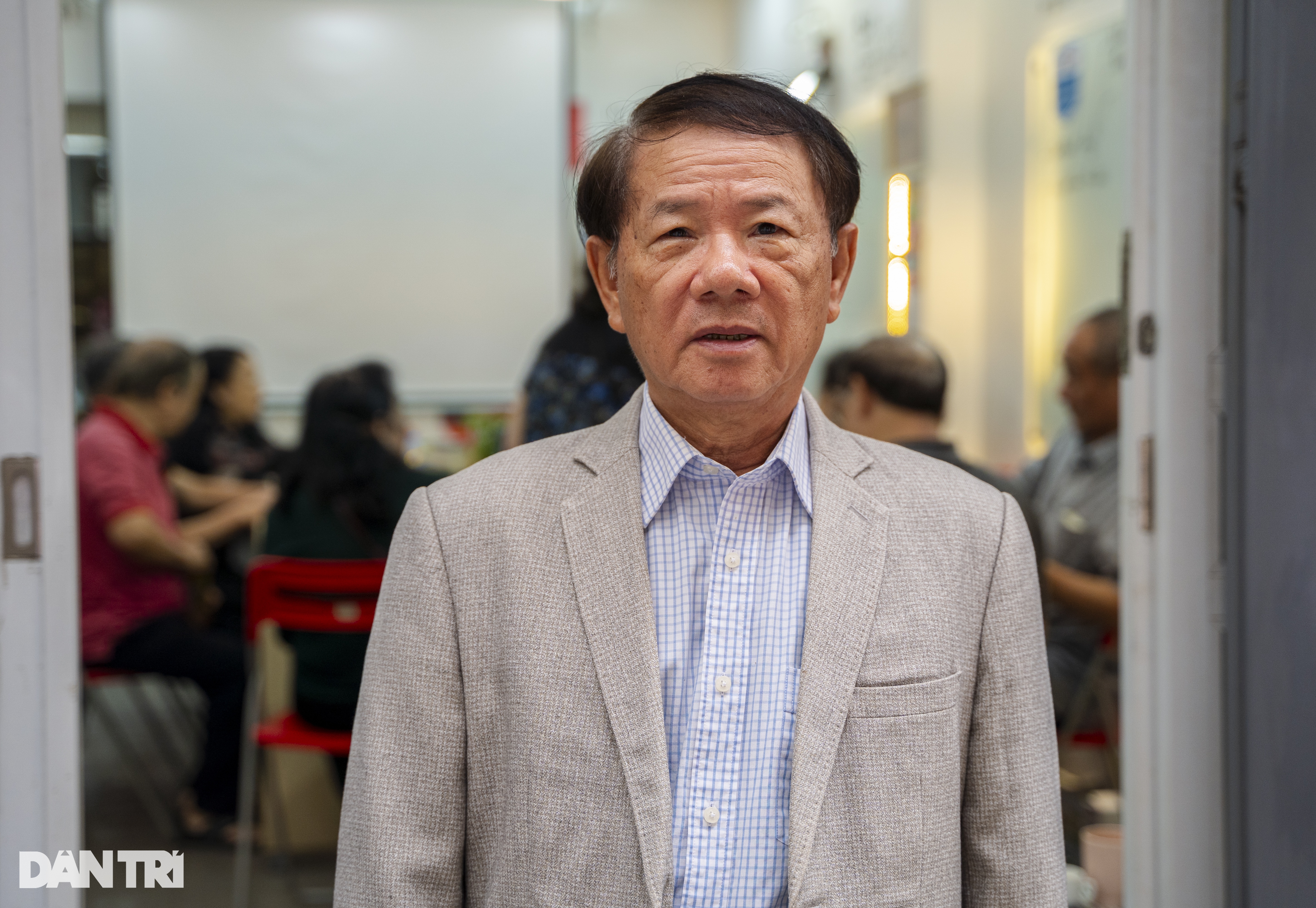
Prof. Dr. Duong Xuan Ngoc, 75 years old, former Deputy Director of the Academy of Journalism and Communication.
For Professor Ngoc, the class also has the meaning of connecting generations: "Before, I was afraid to bother my children and grandchildren. Now that I've finished studying, I can help them in return. The most important thing is the spirit: I still study and still live proactively."
Ms. Tran Thu Hien, 71-year-old Head of the Women's Association of Residential Area No. 9, also had a similar experience.
"Before, there were many things I wanted to ask my child, but I was shy because he spoke so fast that I couldn't understand. In class, I feel much more comfortable. I can ask questions, try, and make mistakes. I hope my children and grandchildren understand that learning has no age and that adults also need support to shorten the generation gap," she shared.
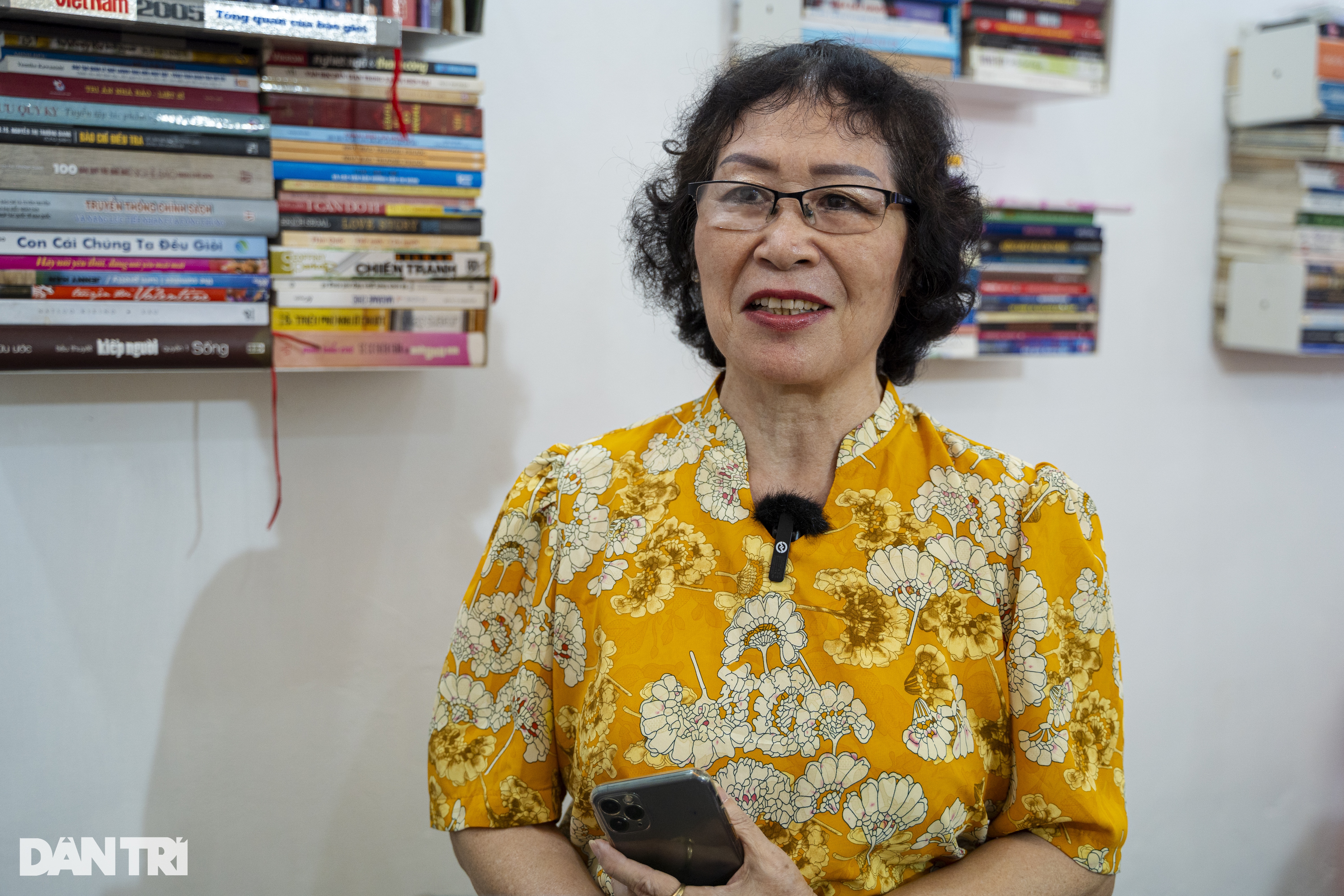
Ms. Tran Thu Hien, Head of Women's Association of Residential Area No. 9.
During the course, many students encountered difficulties due to old equipment that was not compatible with some applications. However, everyone attended class regularly, on time, took careful notes, and persevered at every step.
Mr. Son said: "Every class, we take pictures of the class. Then, we use AI to compose poems, combine music, and create commemorative clips. Like on the occasion of March 8, the class even made a song praising women in the neighborhood. All thanks to AI. We learn and create at the same time."
After just three sessions, many students were able to use TikTok, look up directions, book a ride, write poetry, and even create music using AI.
Ms. Hien smiled: "I just download any application I'm not familiar with and practice gradually. After finishing the course, I feel like I'm no longer left behind."
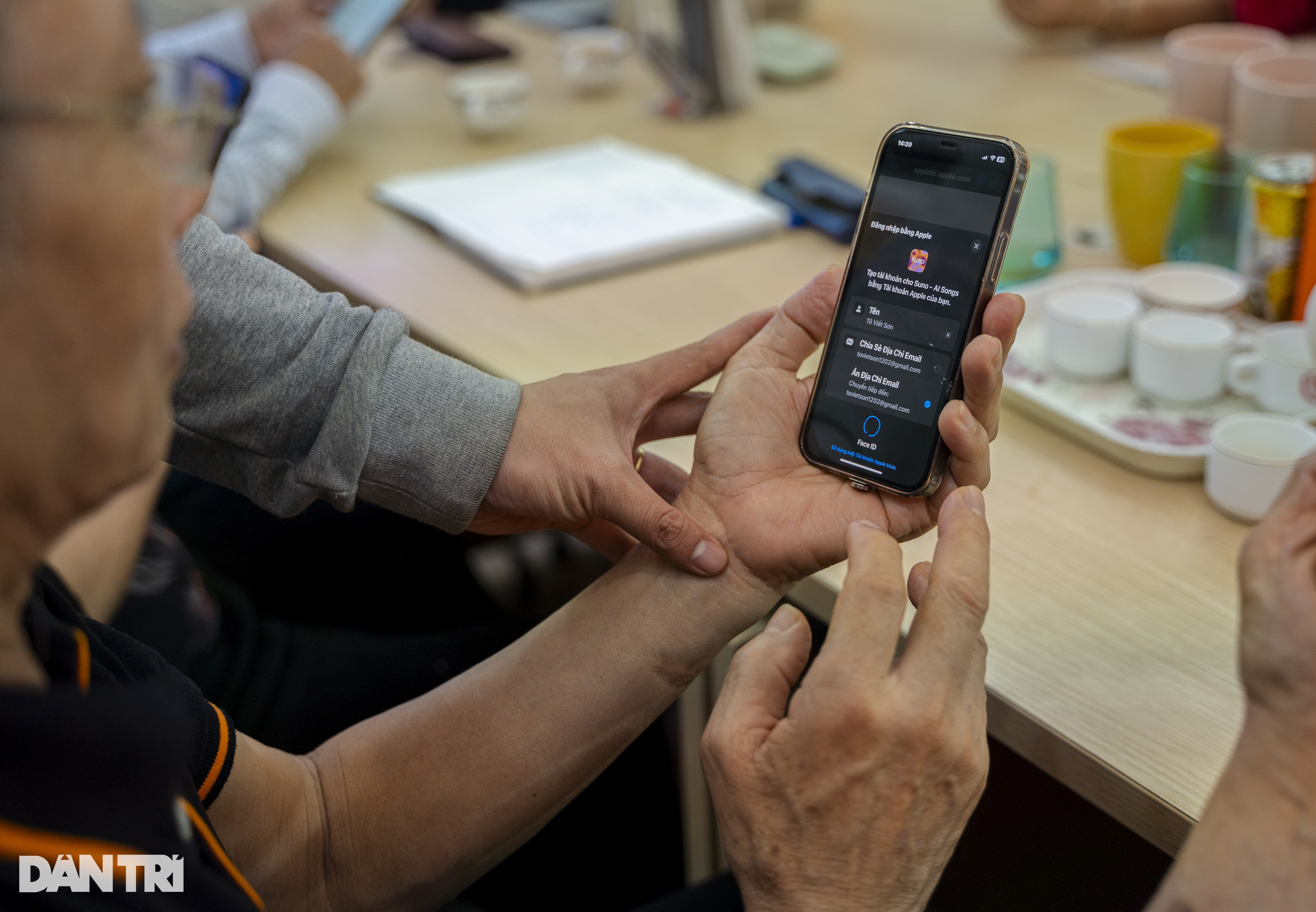
AI is used by the elderly to create music and write poetry.
Mr. Son currently has more than 150 applications on his phone, but for his students, he only chooses a few truly necessary applications that are closely related to daily needs.
"AI is a very powerful tool but it still lacks emotion. The rest is human work. We have to put emotion in to complete what machines cannot do," he said.
An integral part of the curriculum is anti-fraud skills, which is also a topic that is of interest and highly appreciated by older students.
Talking about using social networks, Mr. Son has only two principles: "One is not to be afraid of anyone, two is not to be greedy. If you keep those two things, no one can deceive you."
Ms. Hien nodded: "After the course, I feel more cautious and confident when using social networks. Because I know how to identify tricks and how to avoid them, I feel more secure."
When value is not measured in money
Students do not have to pay any fees but the classes still take place regularly. For Mr. Son, that is the clearest proof of the power of community spirit, which cannot be measured by money.
"If we were to do a community project that relied on money as the foundation, a class like this would cost at least tens of millions of dong to organize. But if we just calculate in terms of money, we can't do anything.
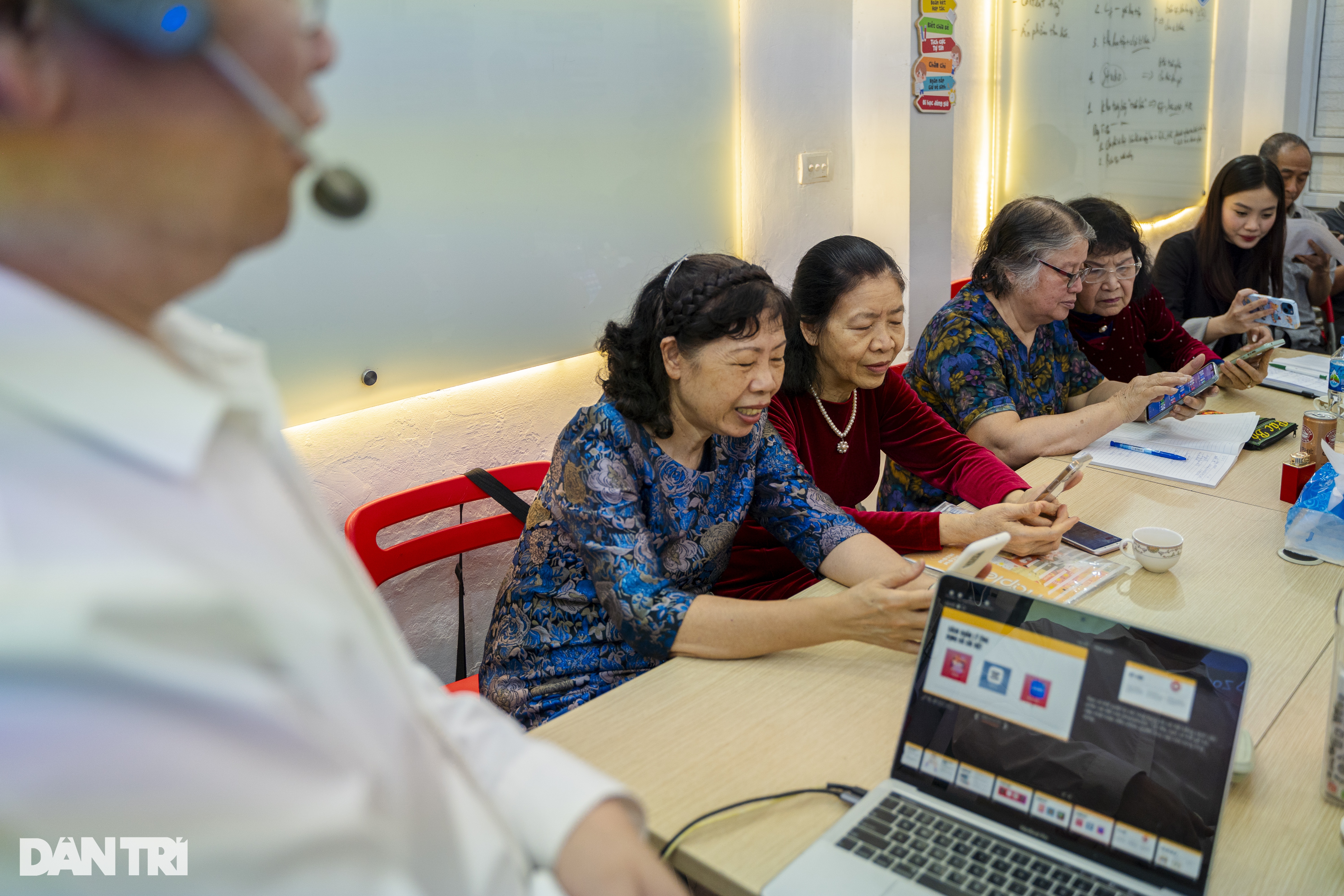
On the contrary, we prove that we can do it without any money. This is a completely free class for the elderly, without any fees. And that is the point. If you have money, anyone can do it, there is no need for us," Mr. Son shared.
The atmosphere in the classroom is always friendly and cheerful. After each class, many people stay behind to chat, share experiences, and even form small study groups. Some bring fruit, while others carefully record the content of the class to send to friends who did not have time to join.
From the small residential area, the spirit of learning began to spread. Many Party cells, women's associations and neighboring wards came to ask to open similar classes. The Dich Vong Hau Ward Women's Association also invited Mr. Son to teach a separate training class for its members. Many grassroots cadres considered this a model worth replicating.
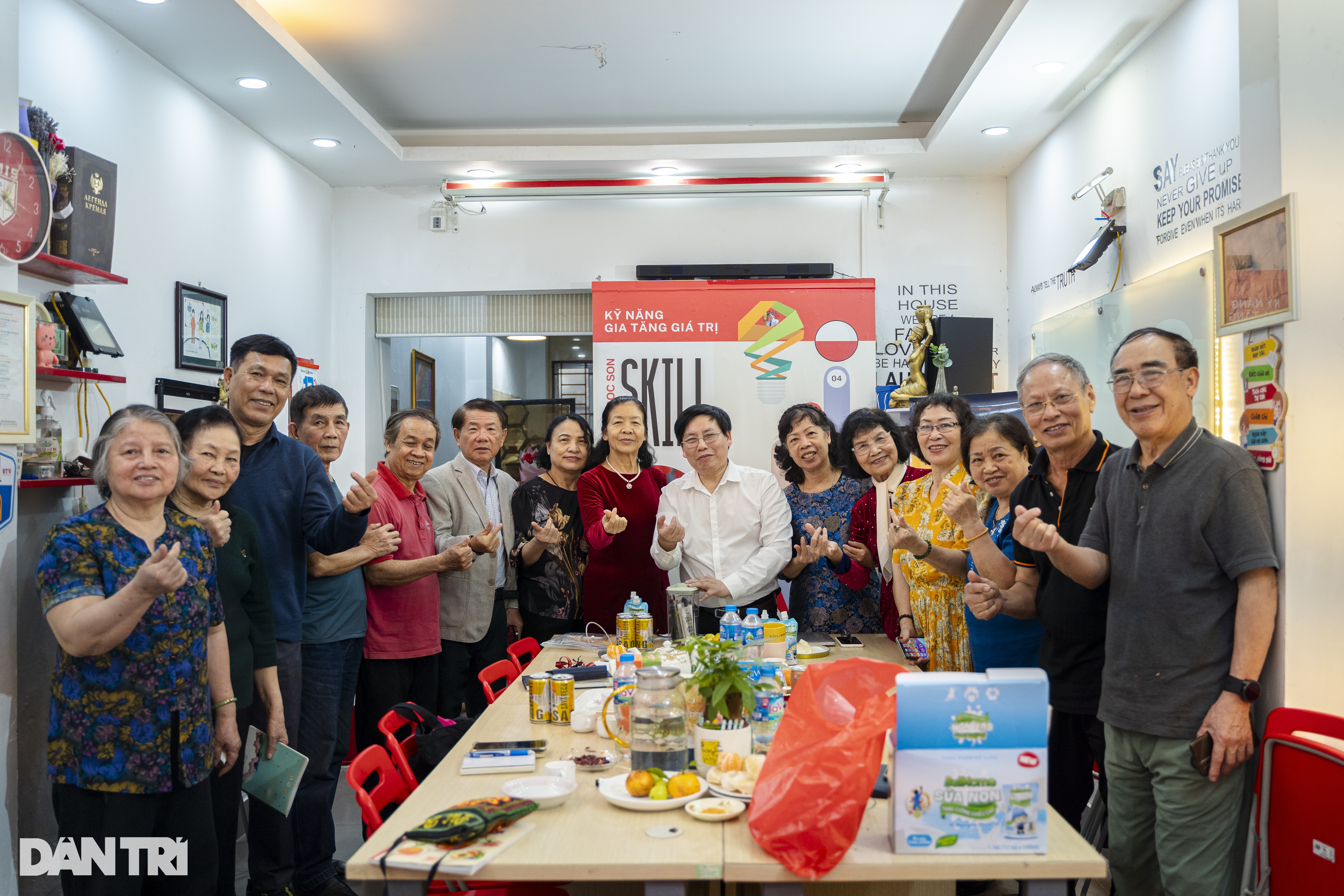
Students do not have to pay any fees but classes still take place regularly.
From the initial success, Mr. Son and his students continued to launch a photo and video contest in the residential area, with the theme of recording everyday moments, reflecting changes in the neighborhood from a technological perspective.
"There are people who have created TikTok channels, people who sent photos from the time when the streets were flooded and now they are clean and beautiful. There are groups of women who went to hot springs and also submitted clips to the contest. We are not looking for professionalism. We are looking for real emotions from real people," Mr. Son shared.
The contest is scheduled to conclude at the end of April, with a panel of photographers to ensure fairness. This is not just an after-school activity but also a new step to integrate the elderly into the digital environment.
From a small house in a residential area, a classroom without blackboards or chalk has become a place to ignite the spirit of learning and connect generations. There, people who thought they had passed their youth are starting a new journey: a journey of living positively and proactively in the digital age.
Mr. Son believes that: "If you are old and do not study, you are truly old. But if you study with joy and inspiration, no one is too old to start."


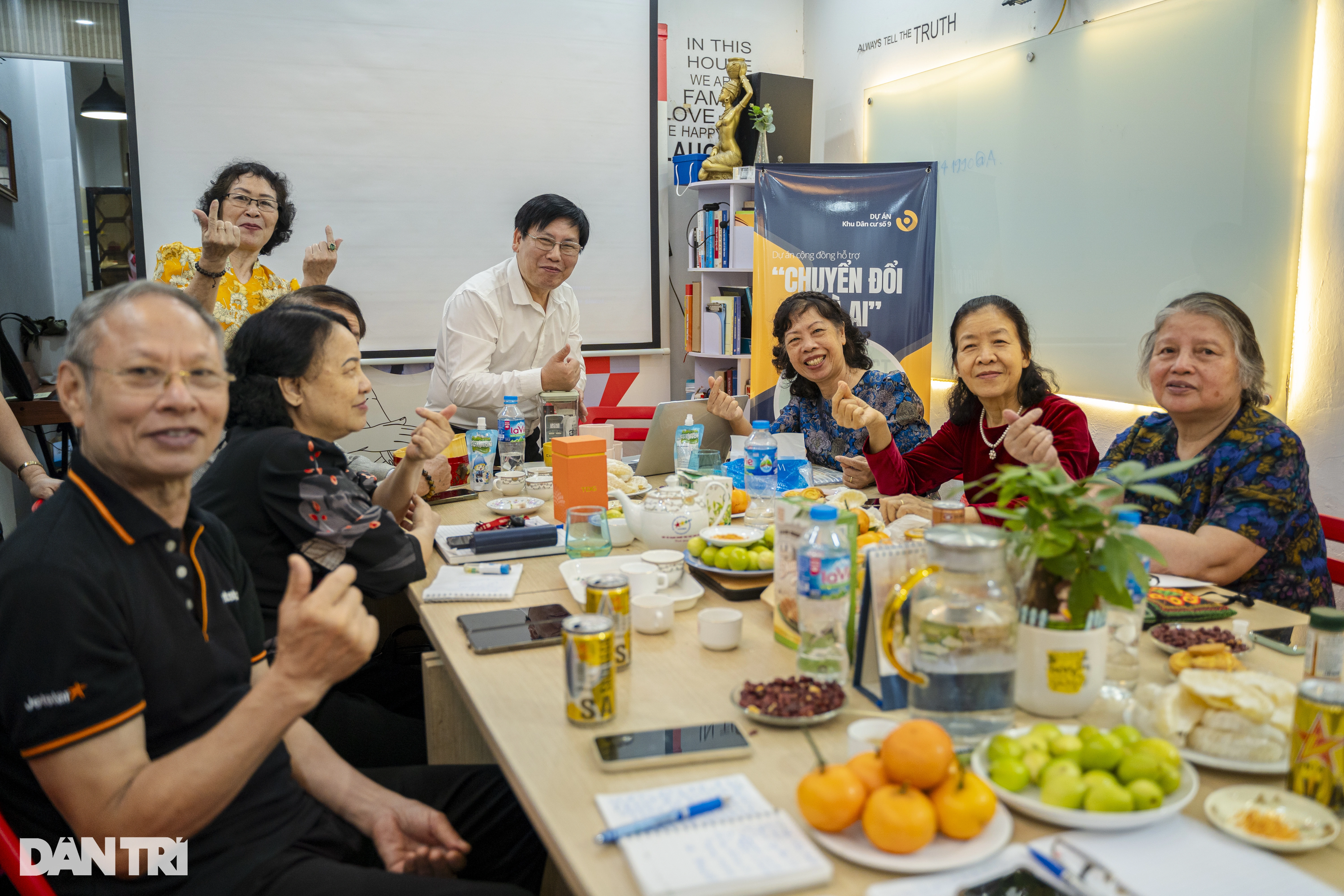
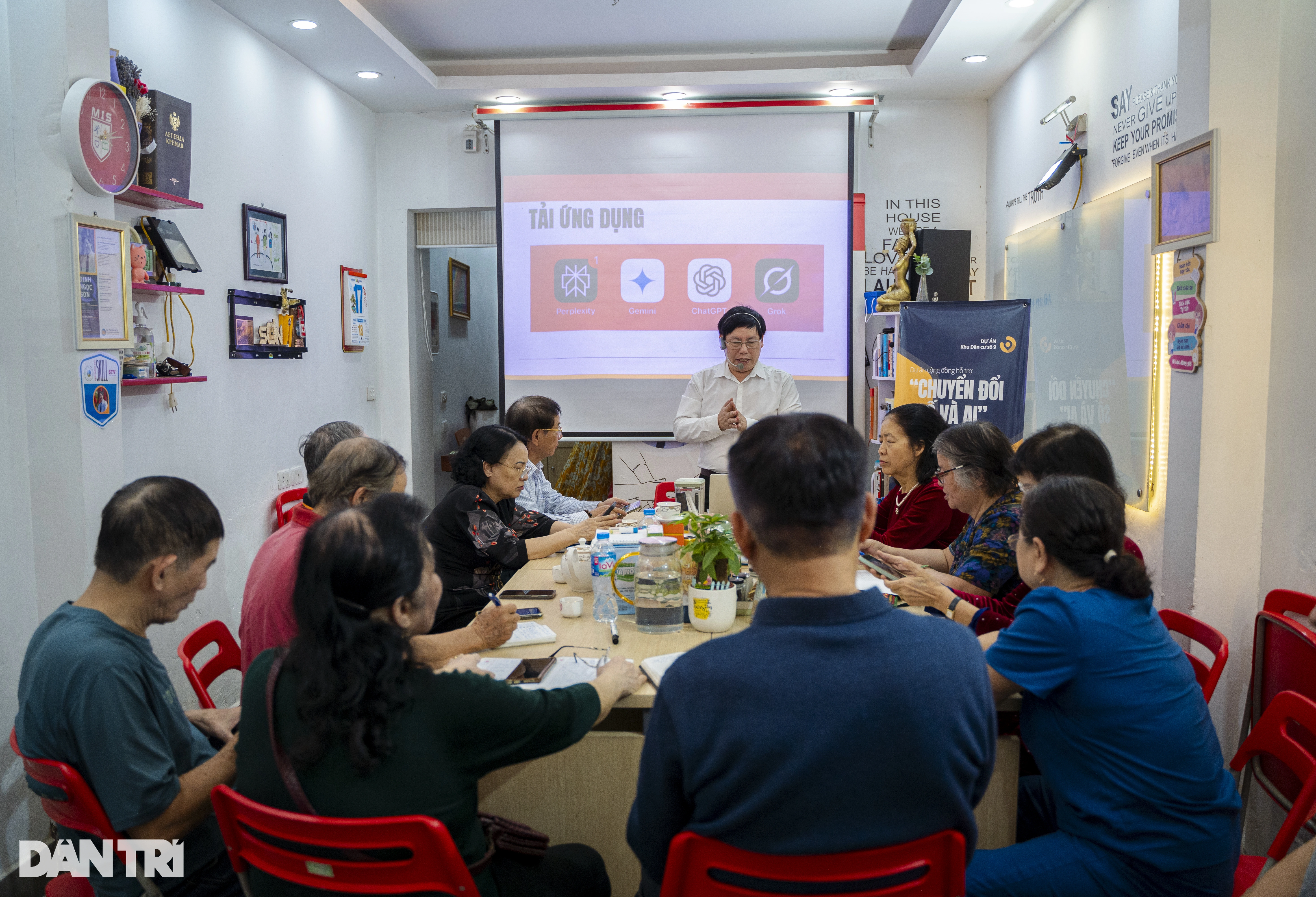
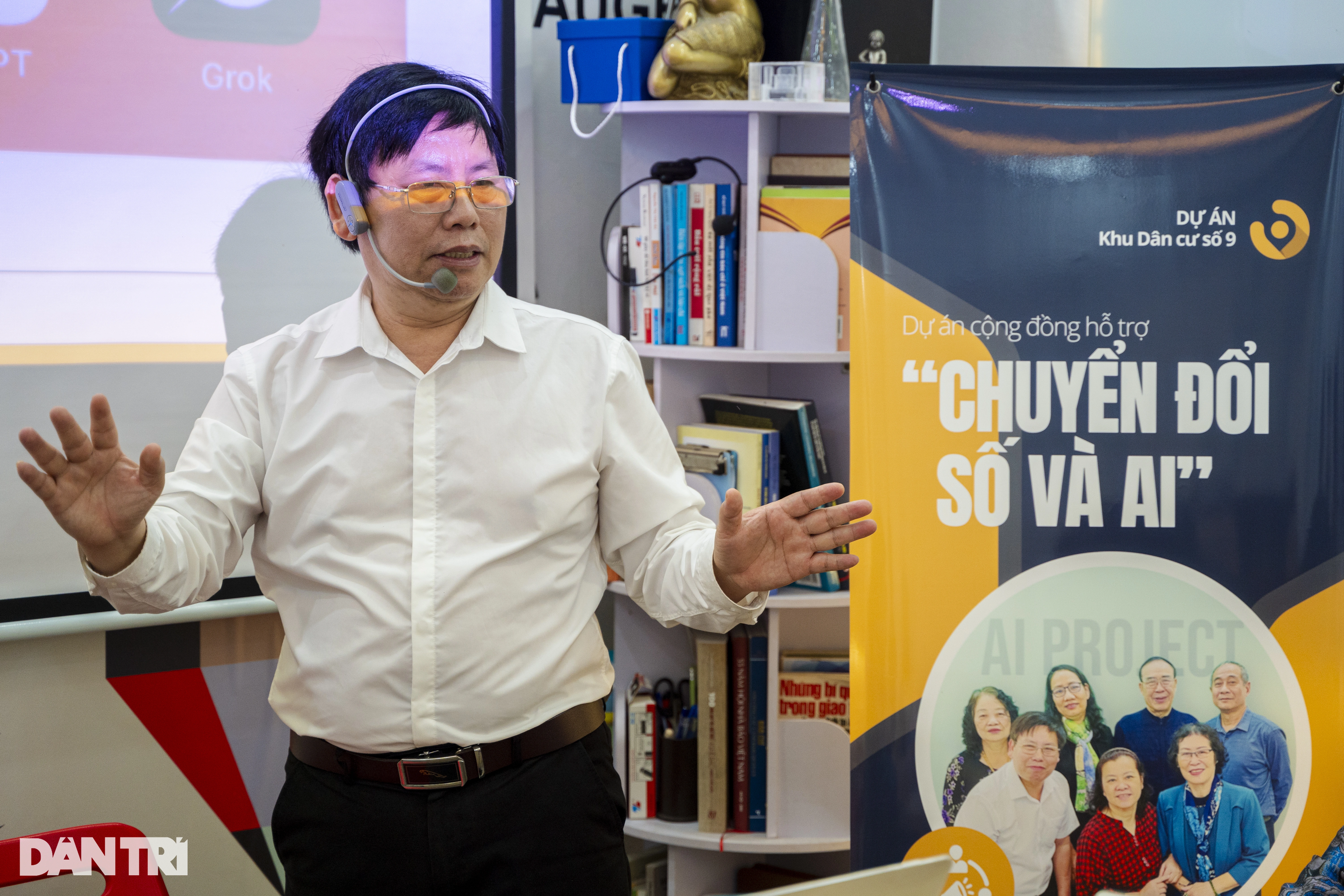
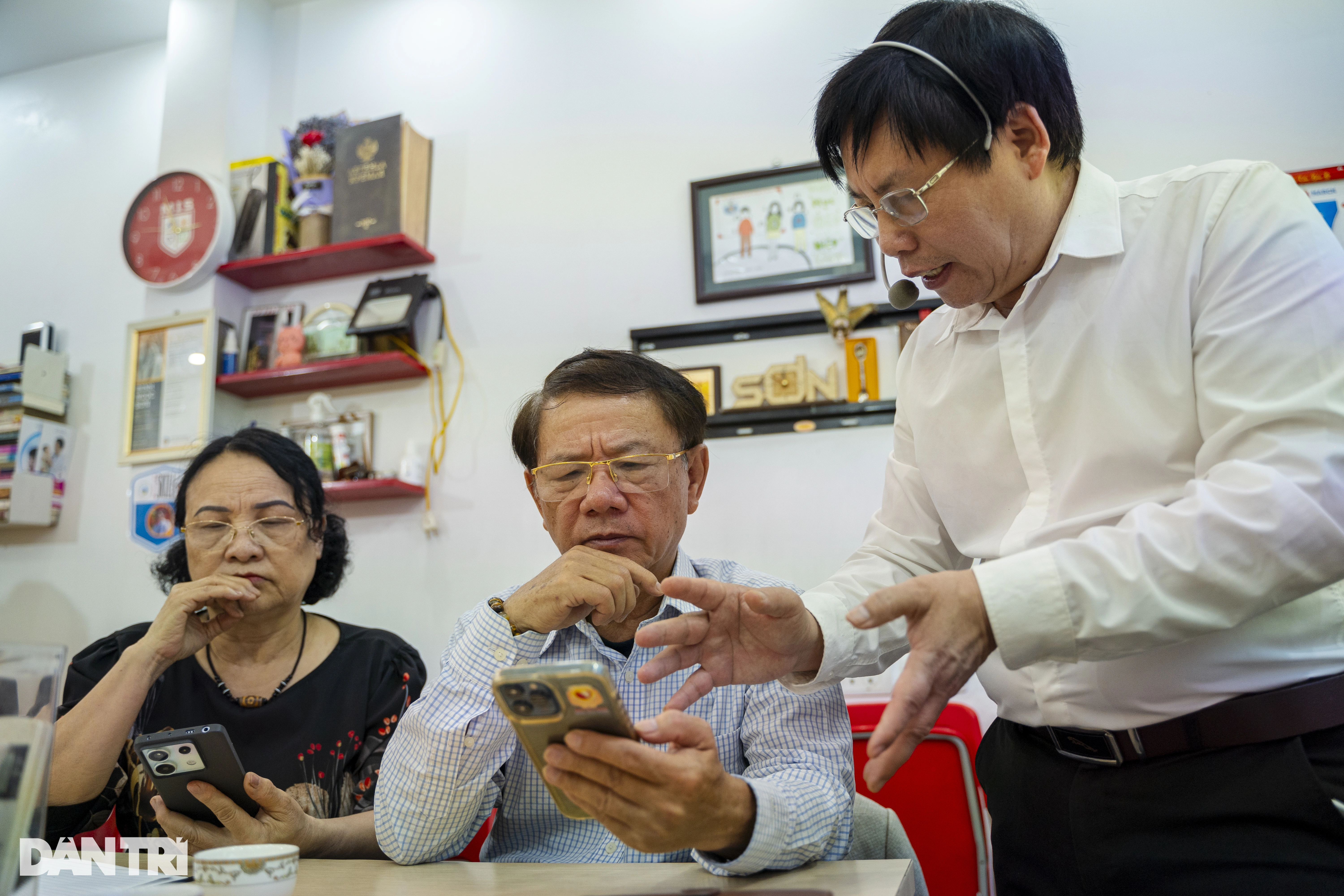
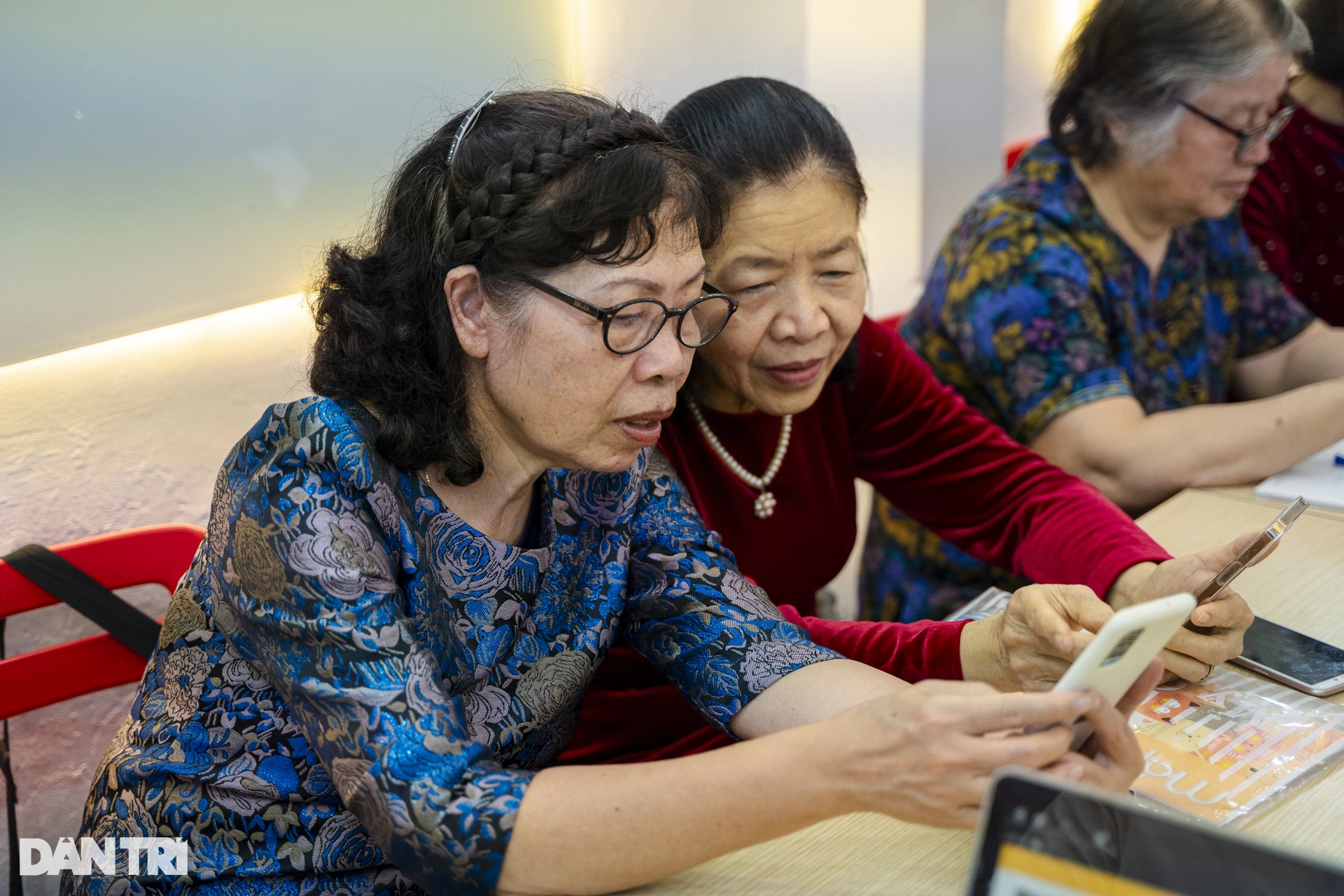
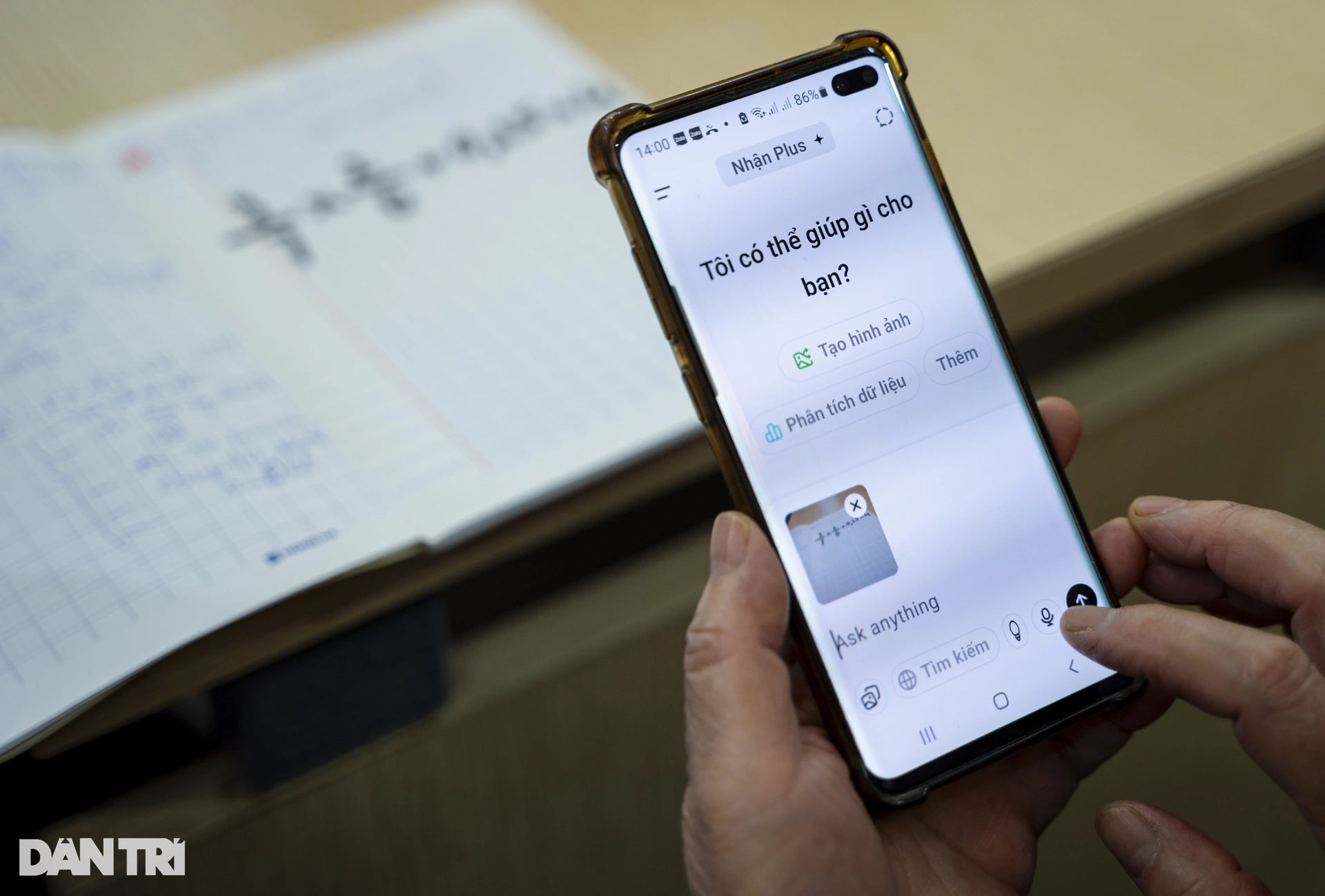
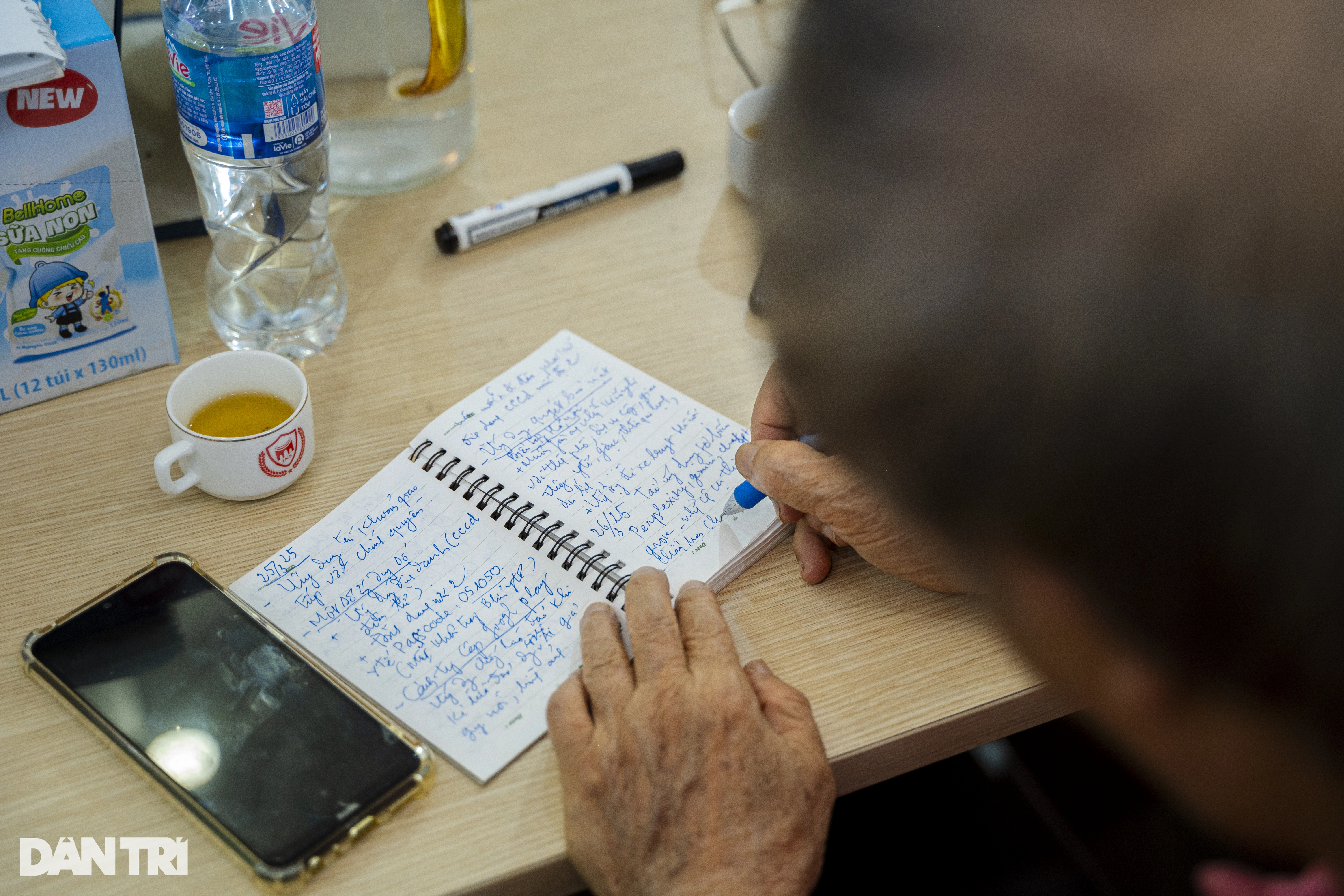

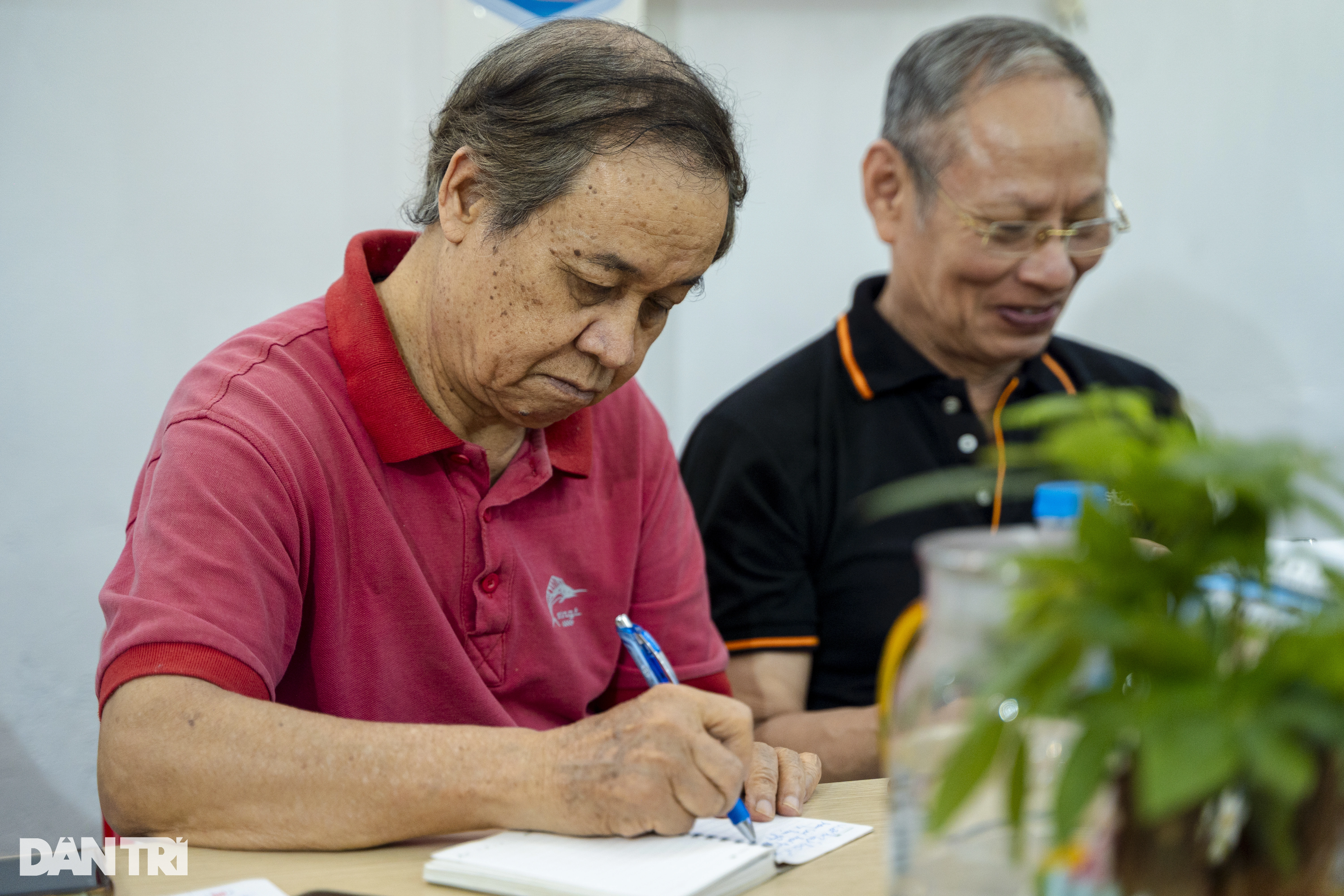
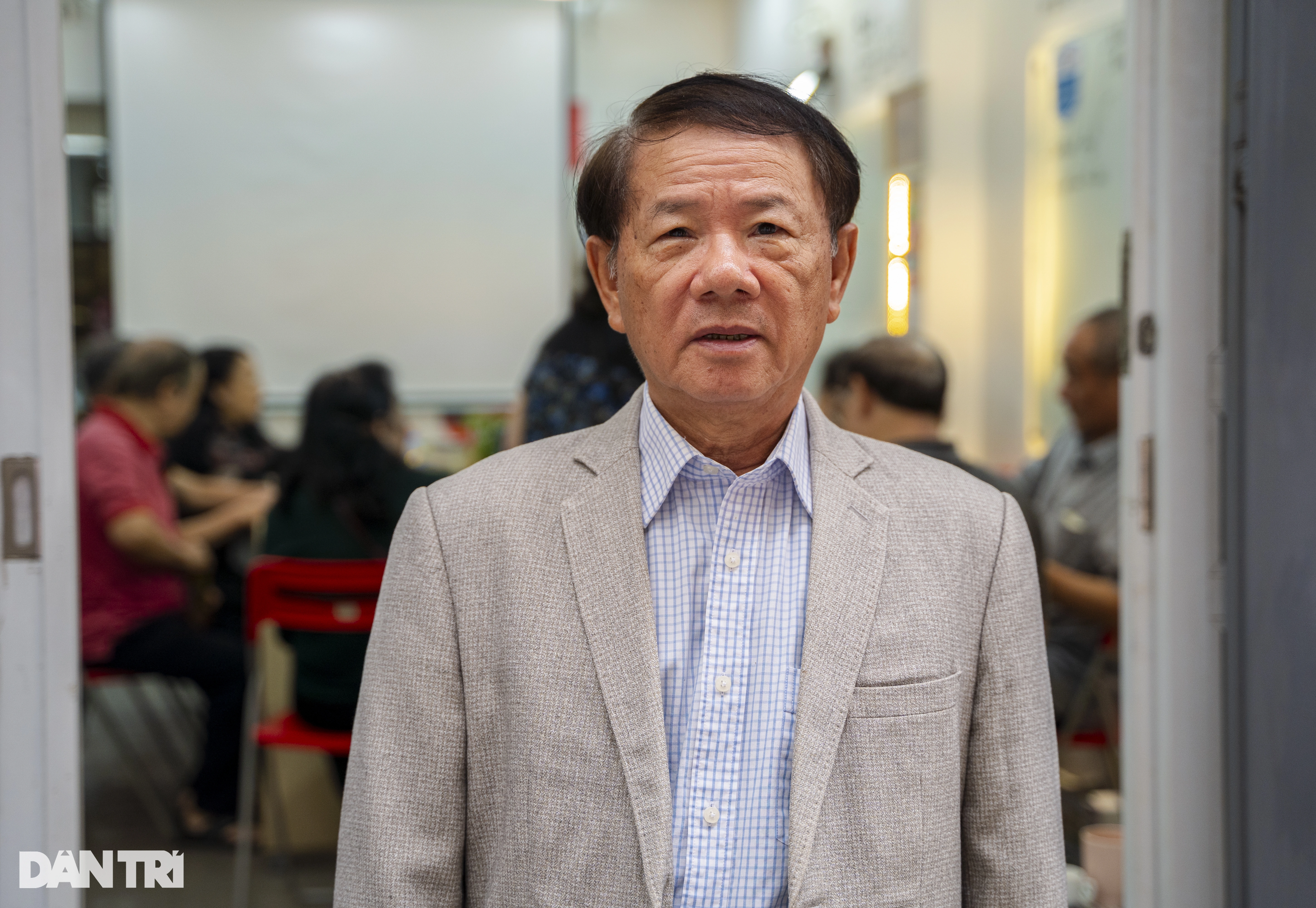
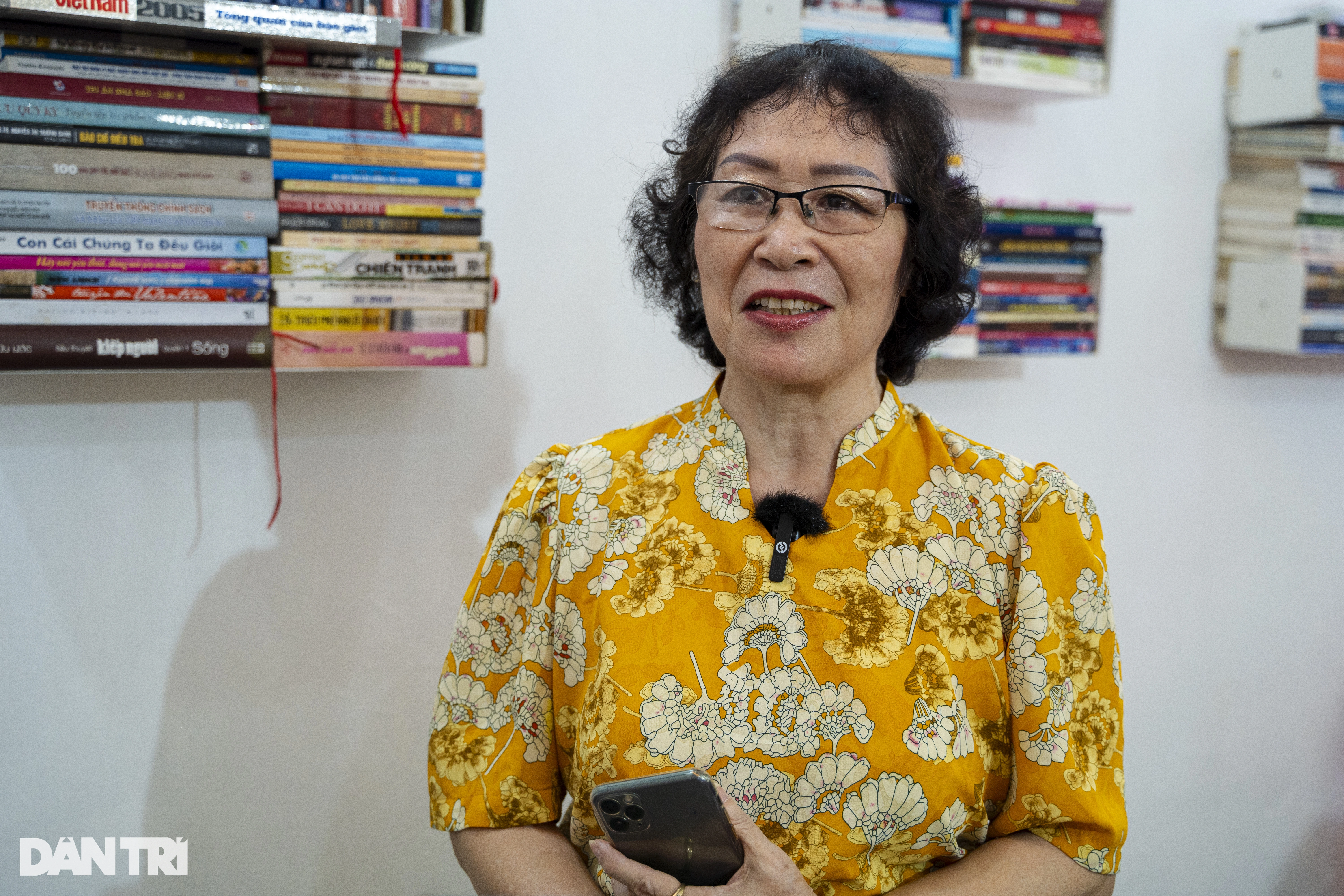
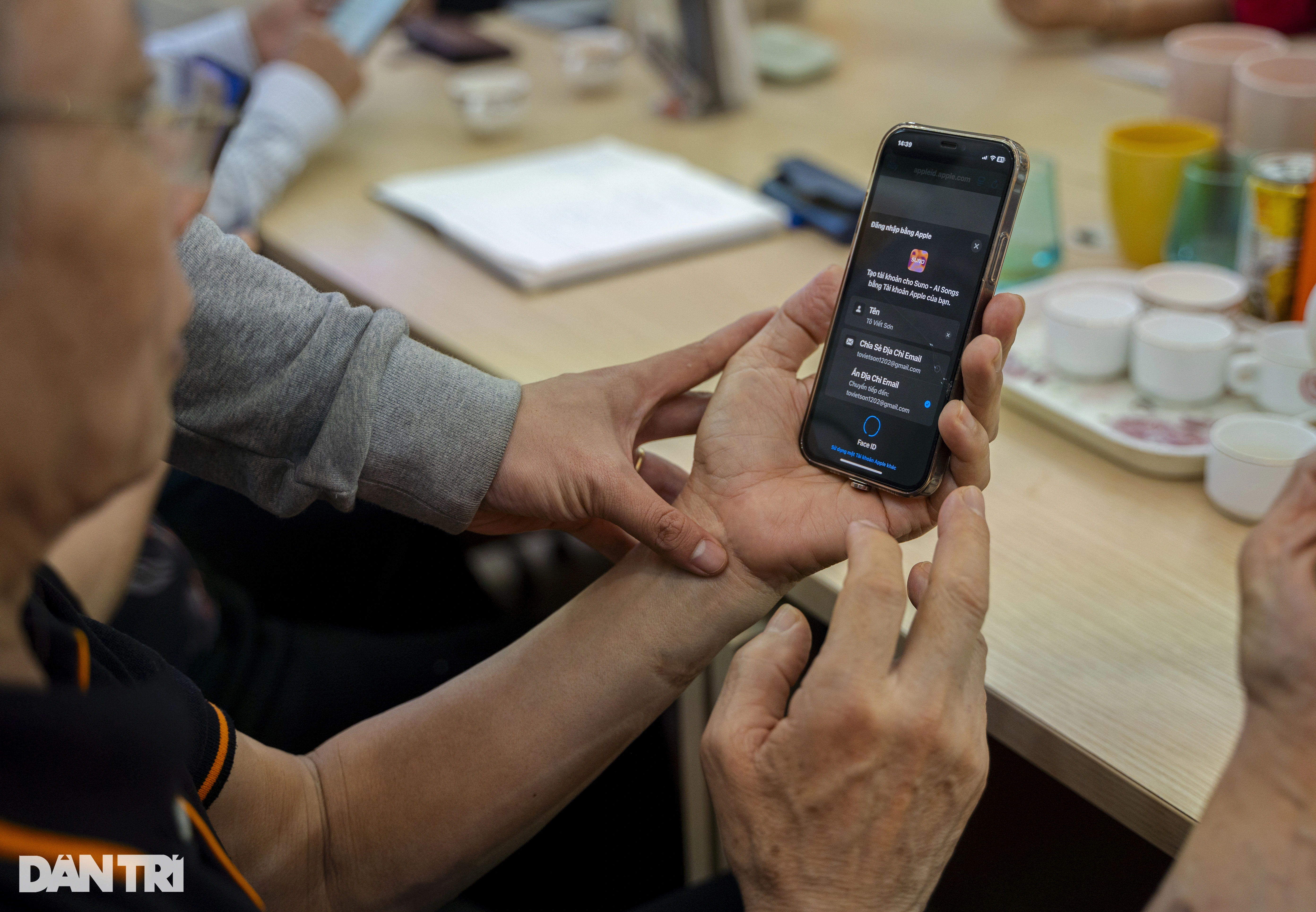
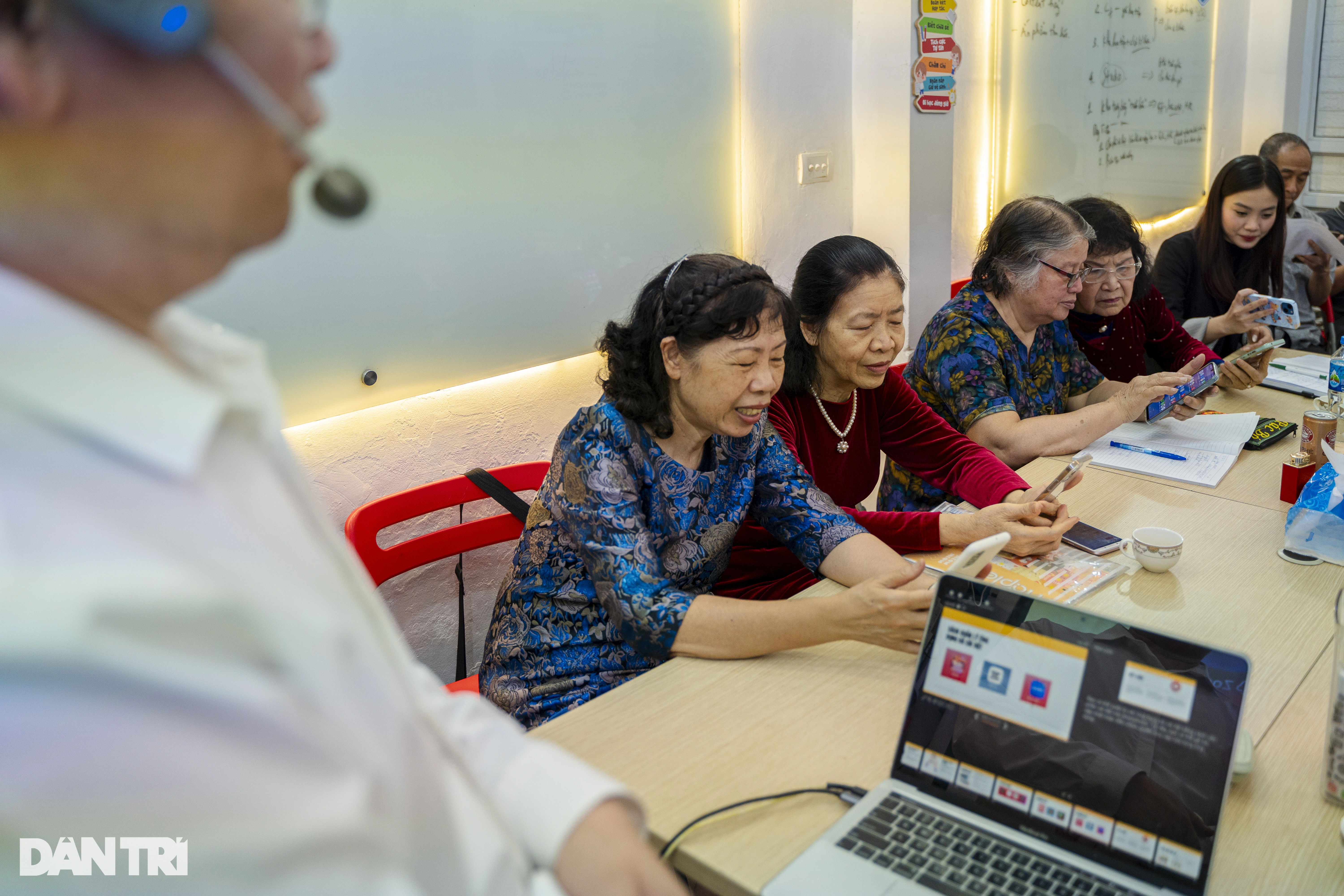
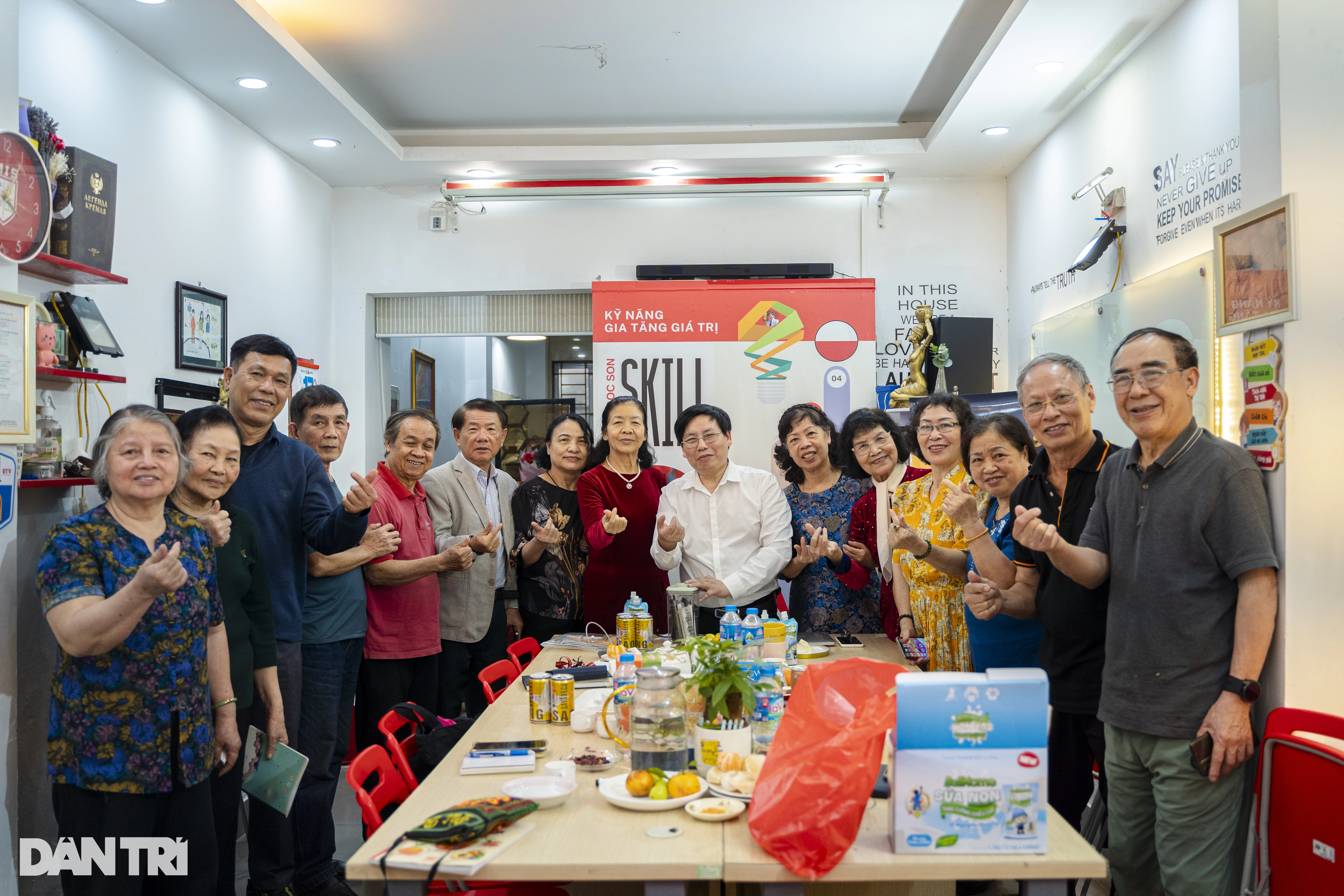

![[Photo] Prime Minister Pham Minh Chinh chairs meeting to remove difficulties for projects](https://vstatic.vietnam.vn/vietnam/resource/IMAGE/2025/3/30/7d354a396d4e4699adc2ccc0d44fbd4f)

![[Photo] Ministry of Defense sees off relief forces to the airport to Myanmar for mission](https://vstatic.vietnam.vn/vietnam/resource/IMAGE/2025/3/30/245629fab9d644fd909ecd67f1749123)


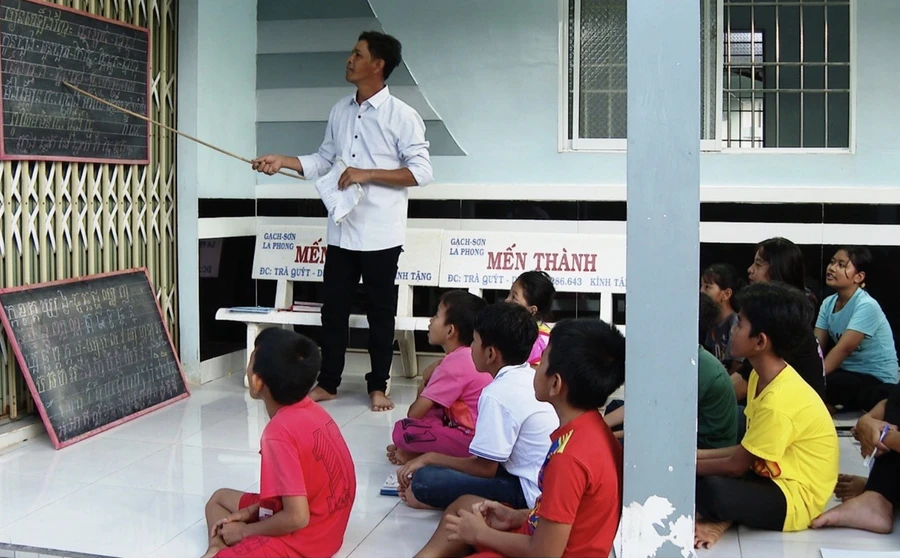





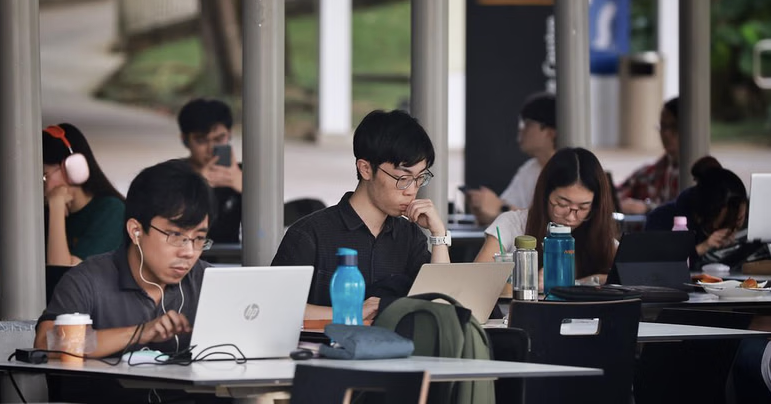

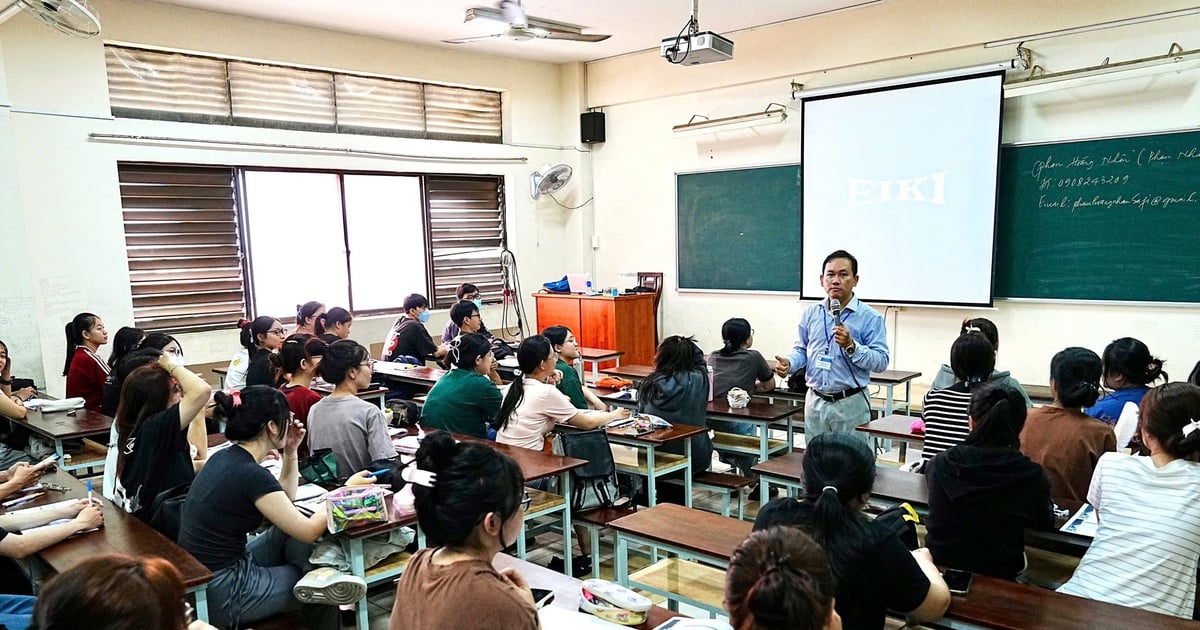

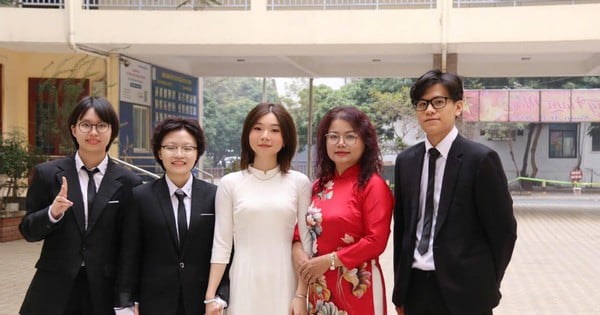

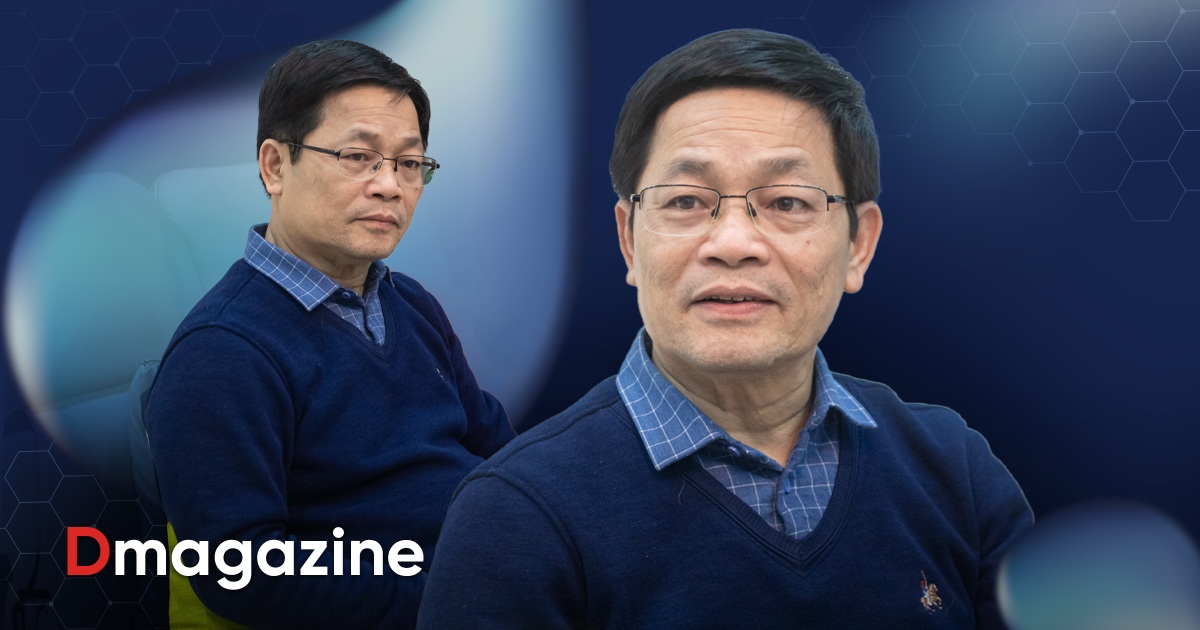
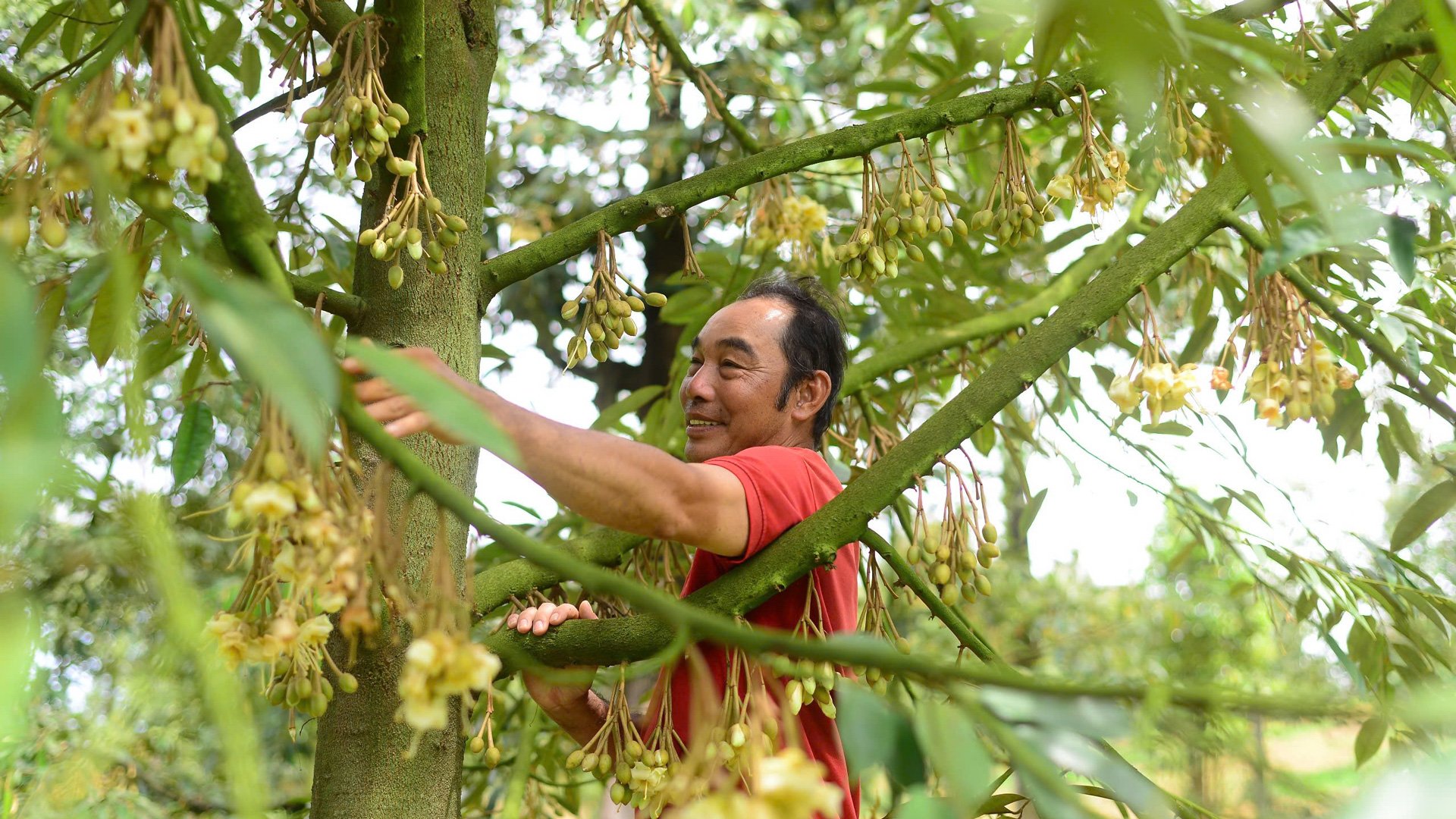

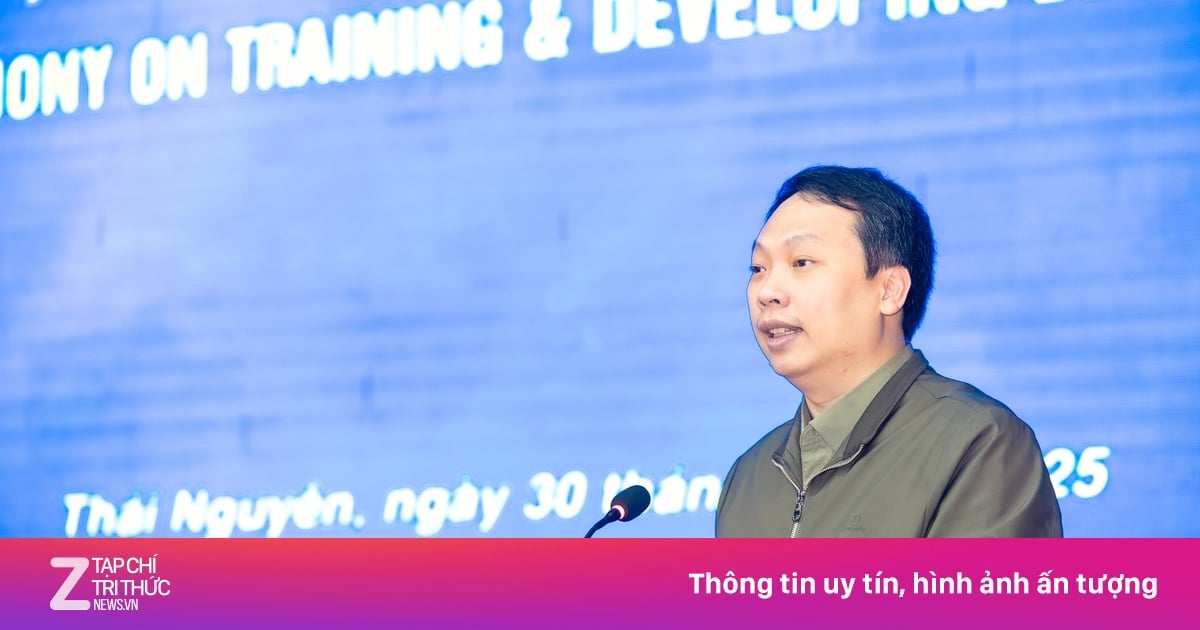



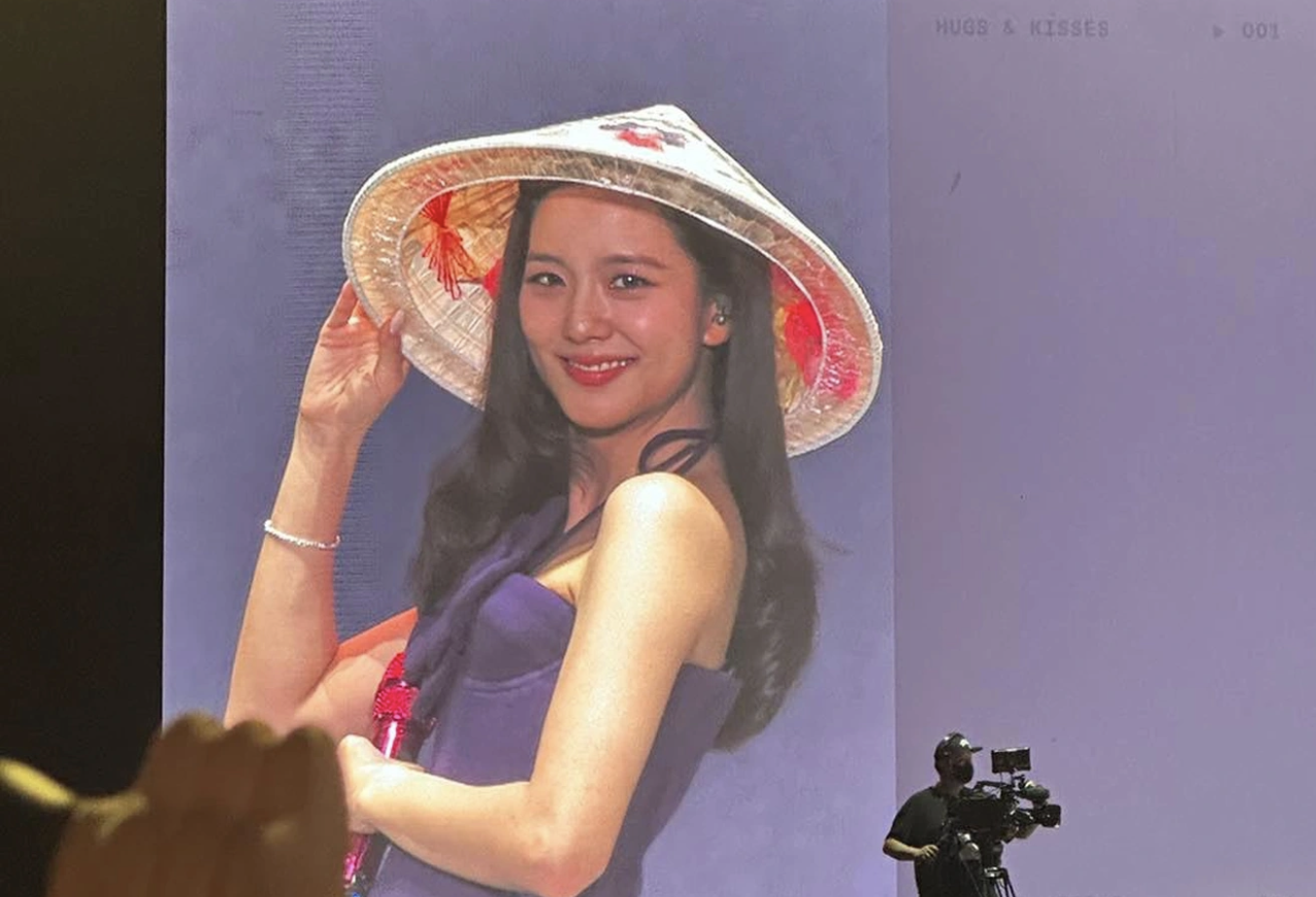


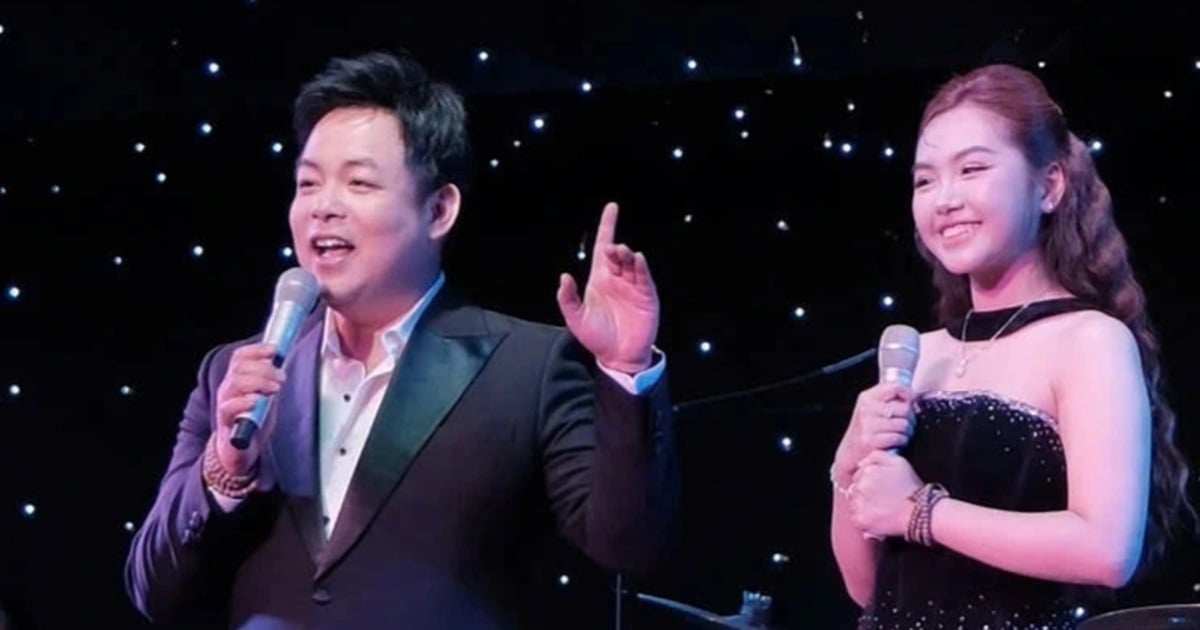





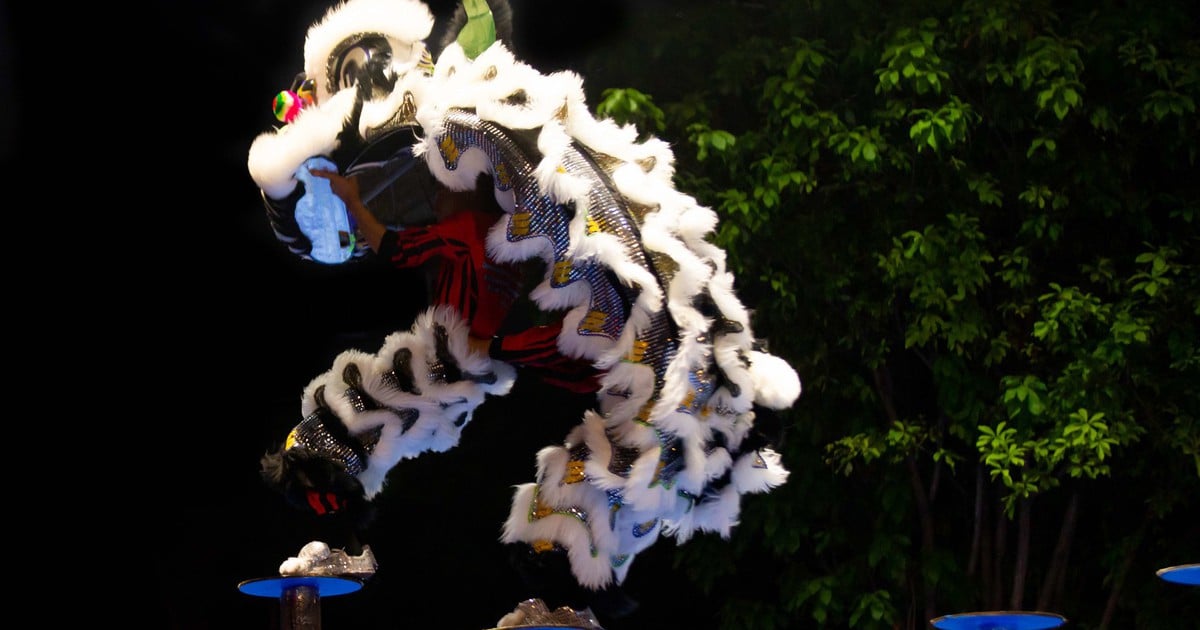
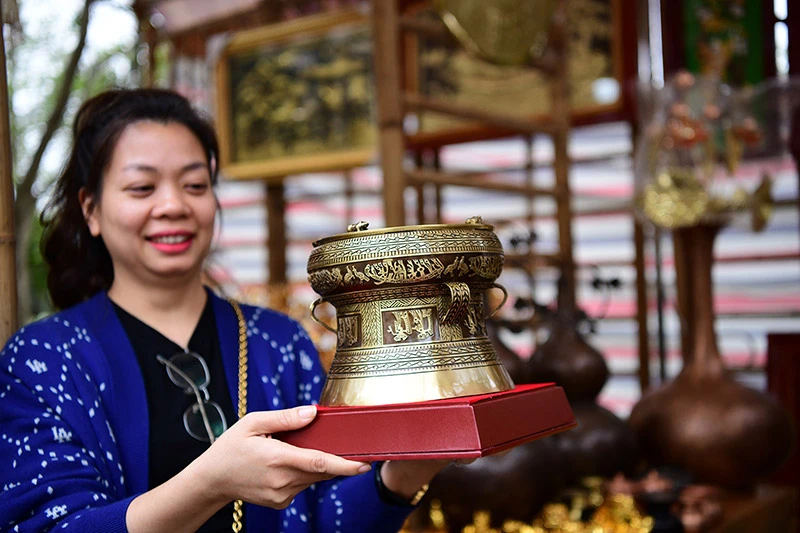

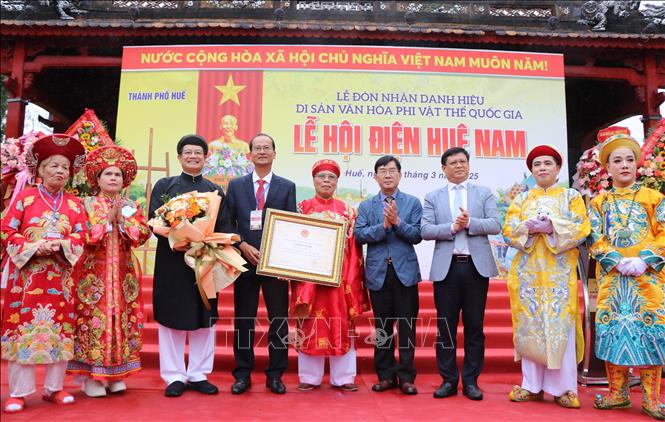














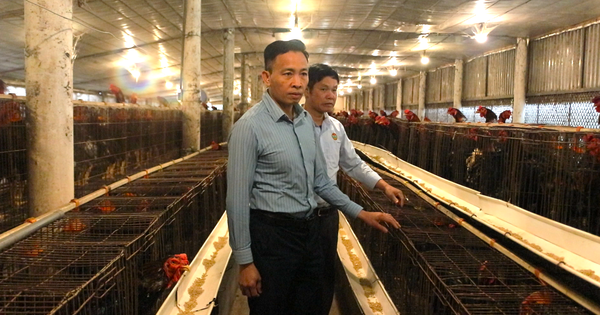









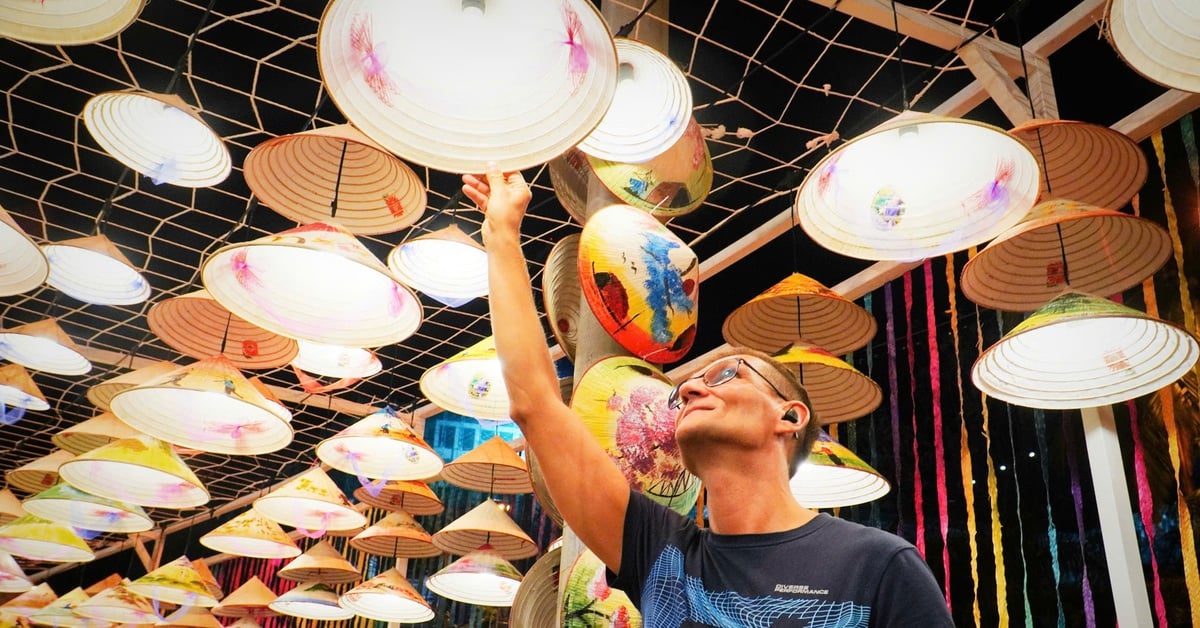

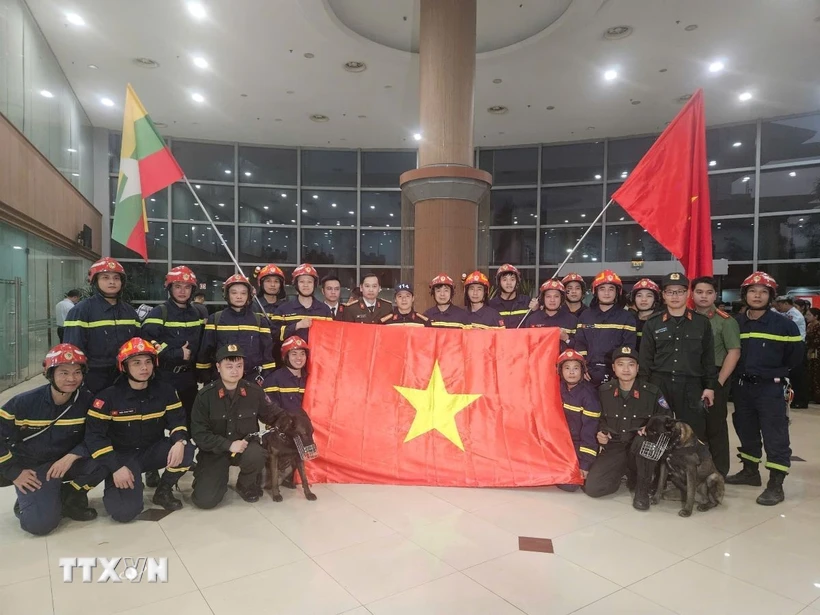

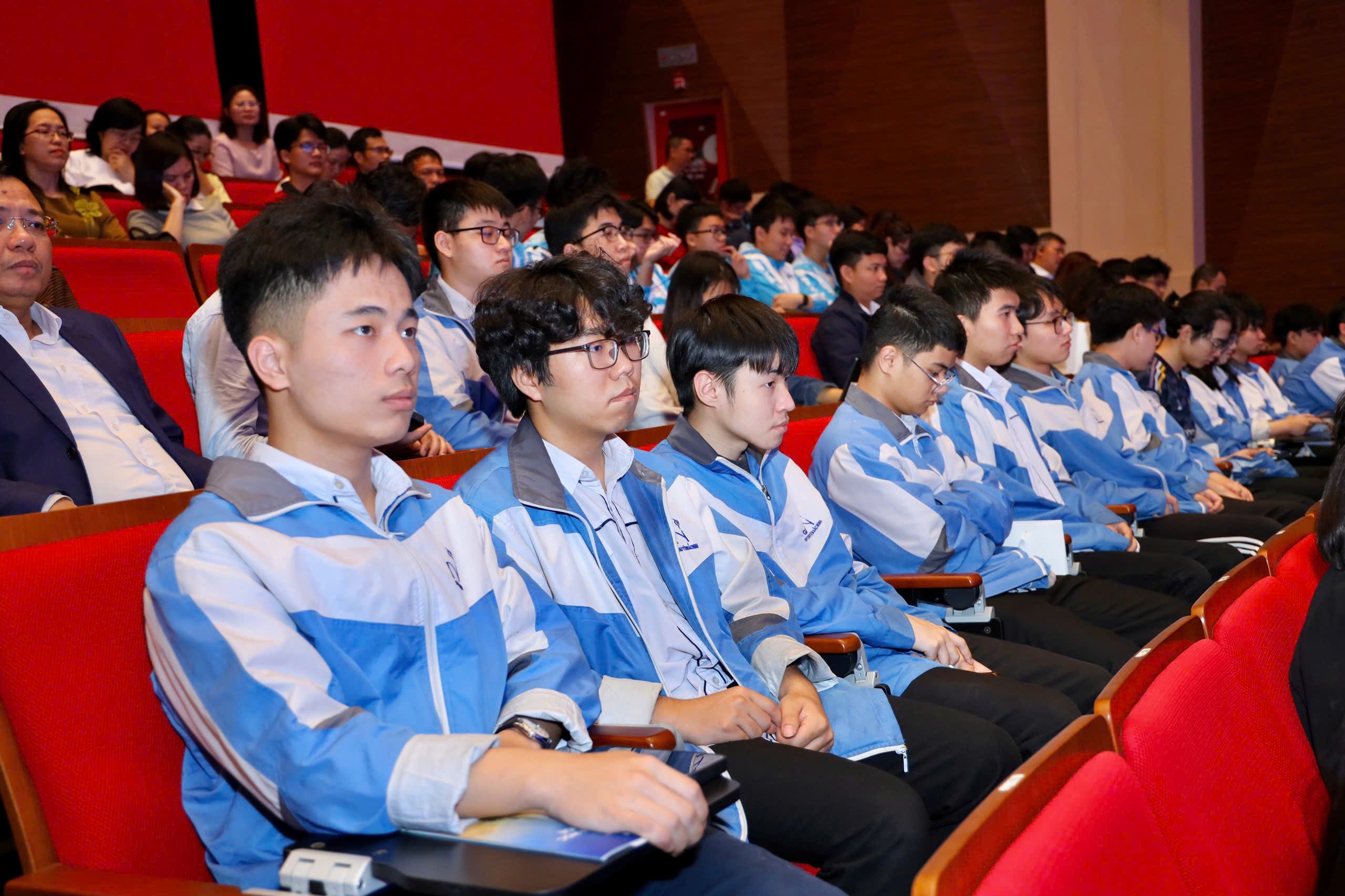

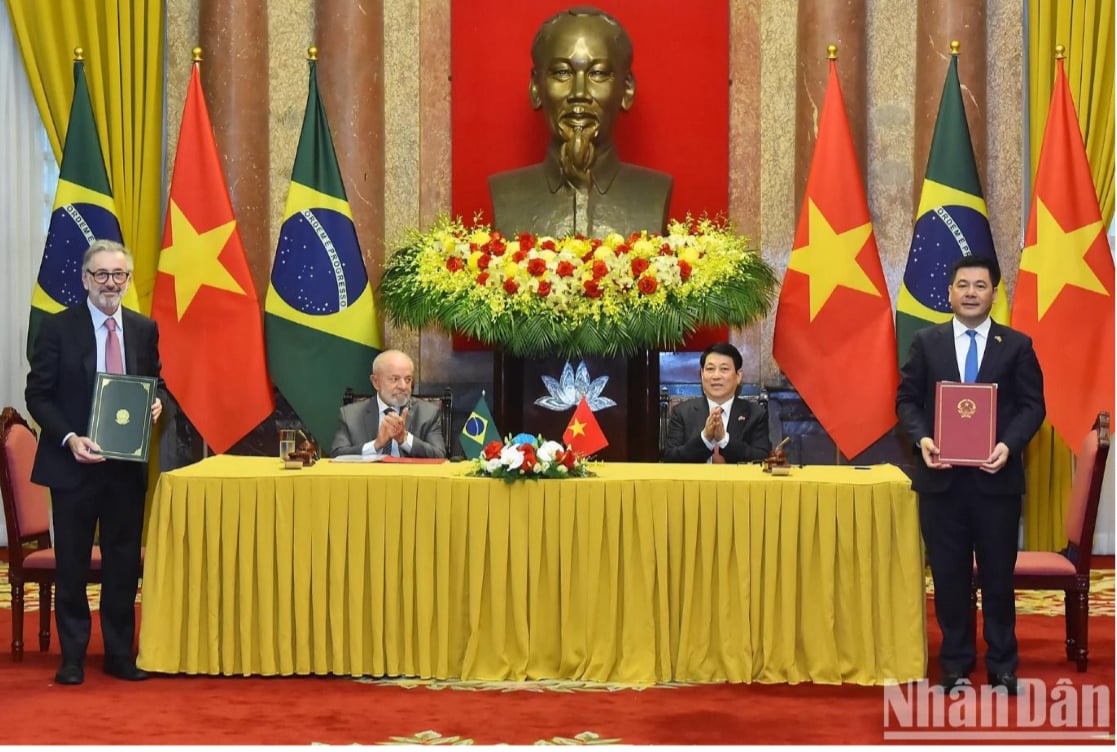

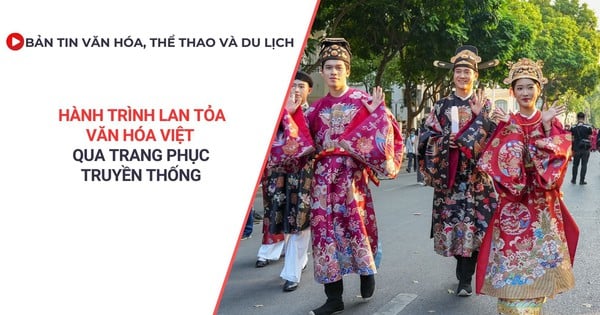

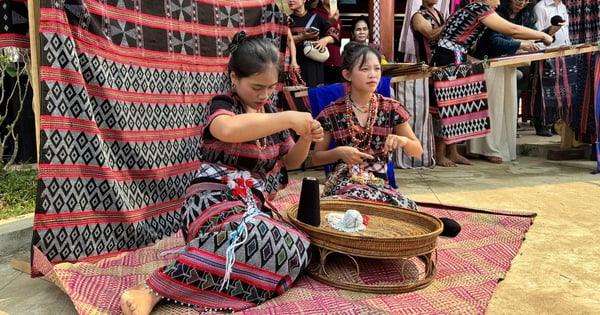


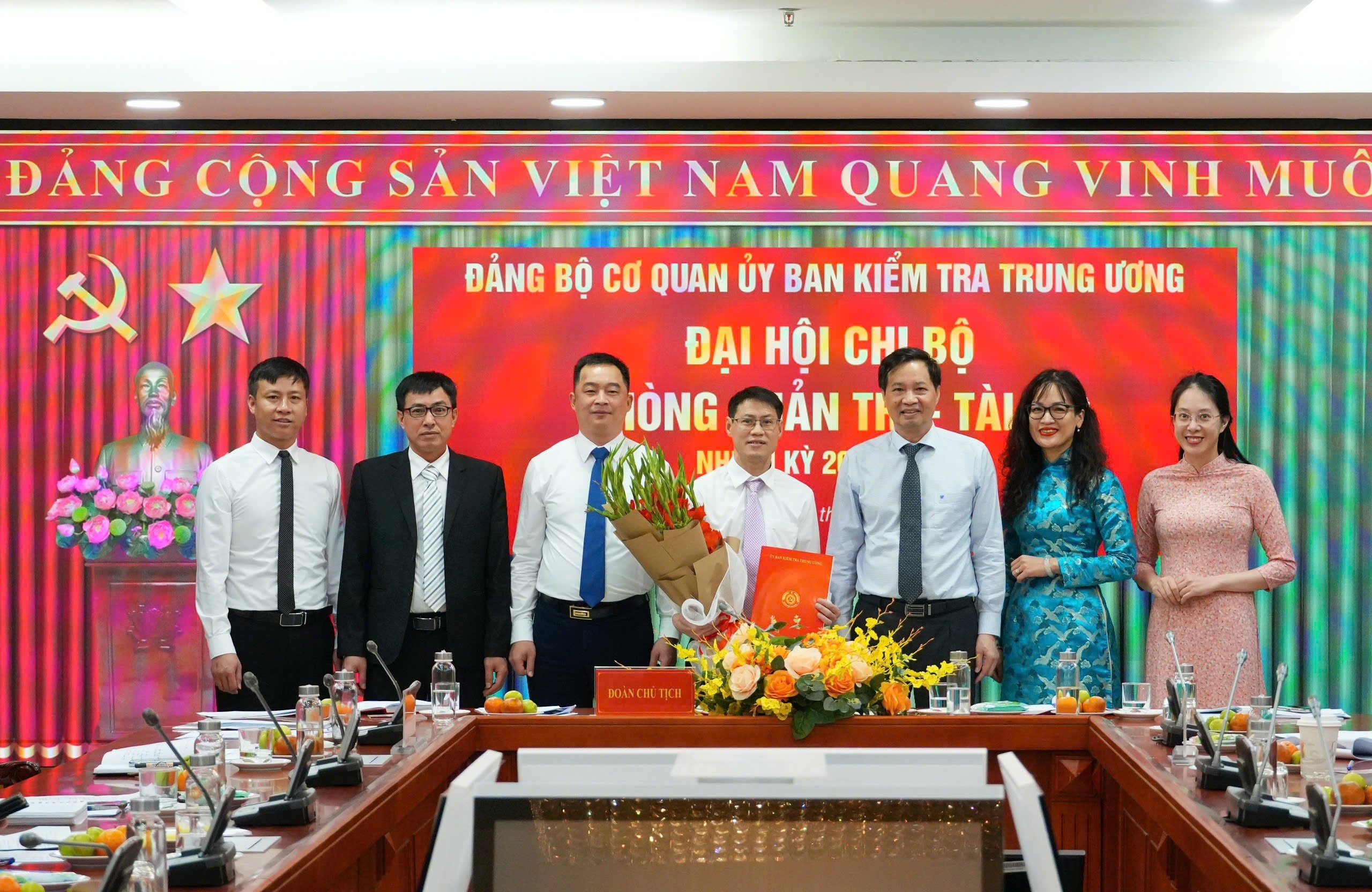














![[REVIEW OCOP] An Lanh Huong Vet Yen Cat](https://vstatic.vietnam.vn/vietnam/resource/IMAGE/2025/3/27/c25032328e9a47be9991d5be7c0cad8c)



Comment (0)